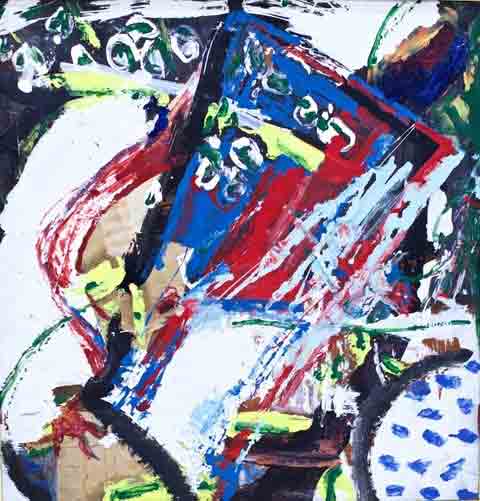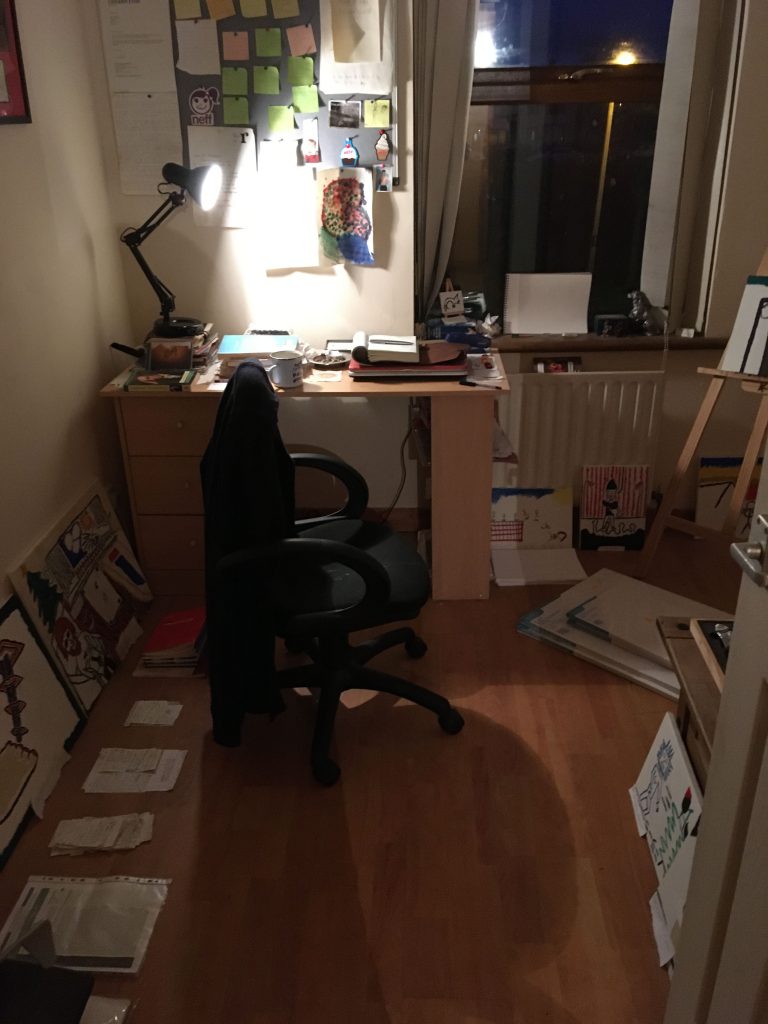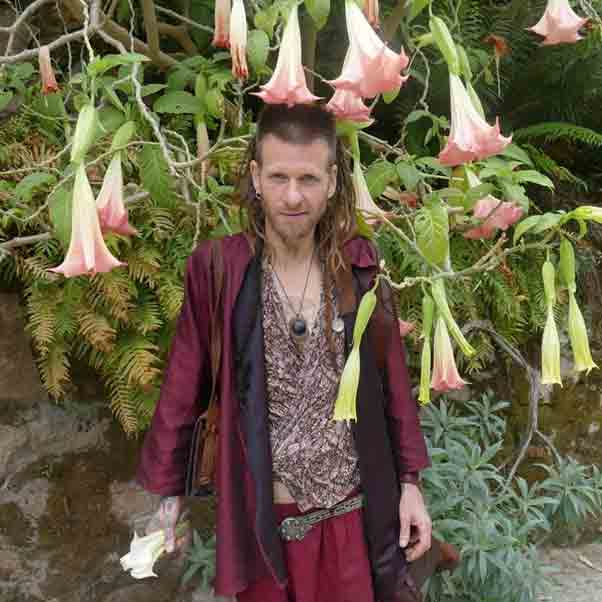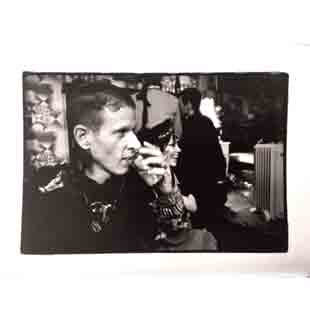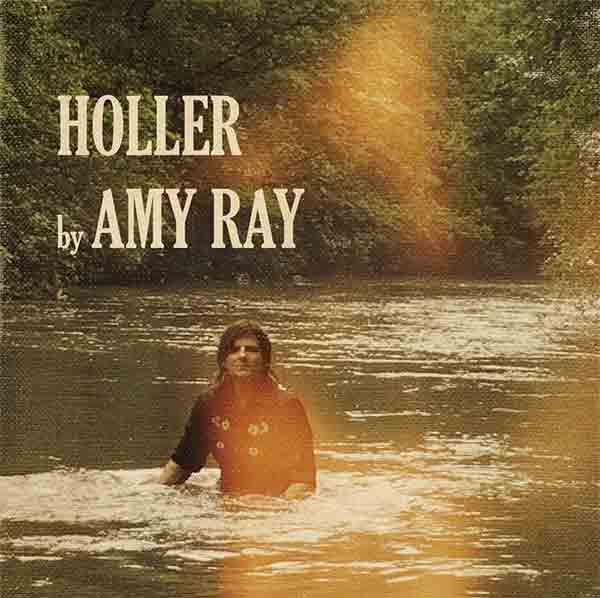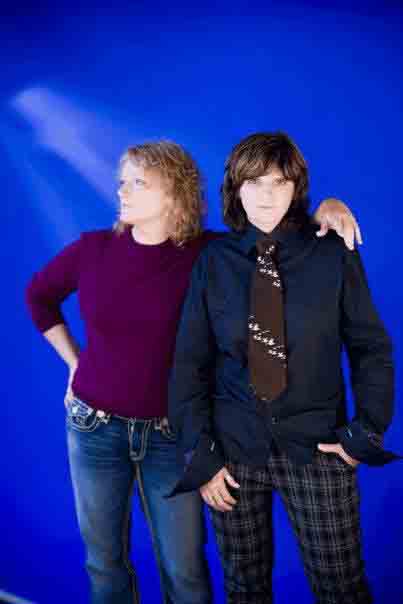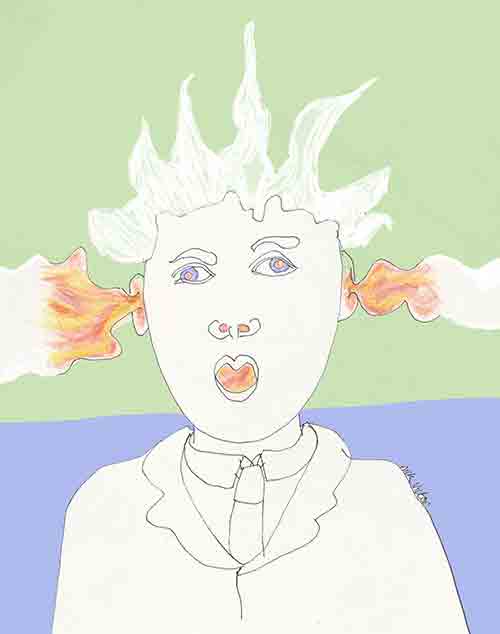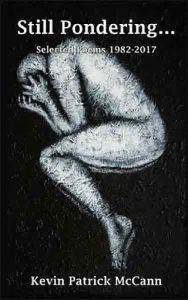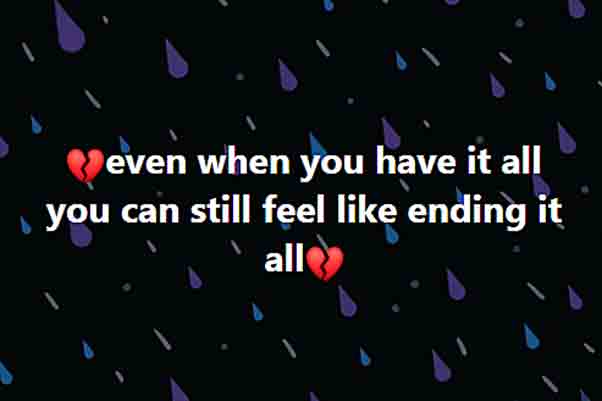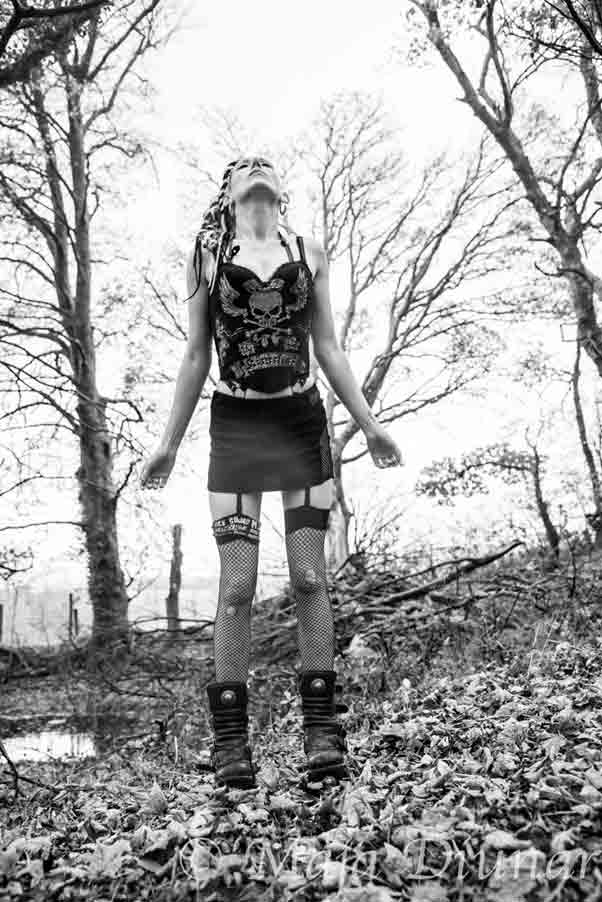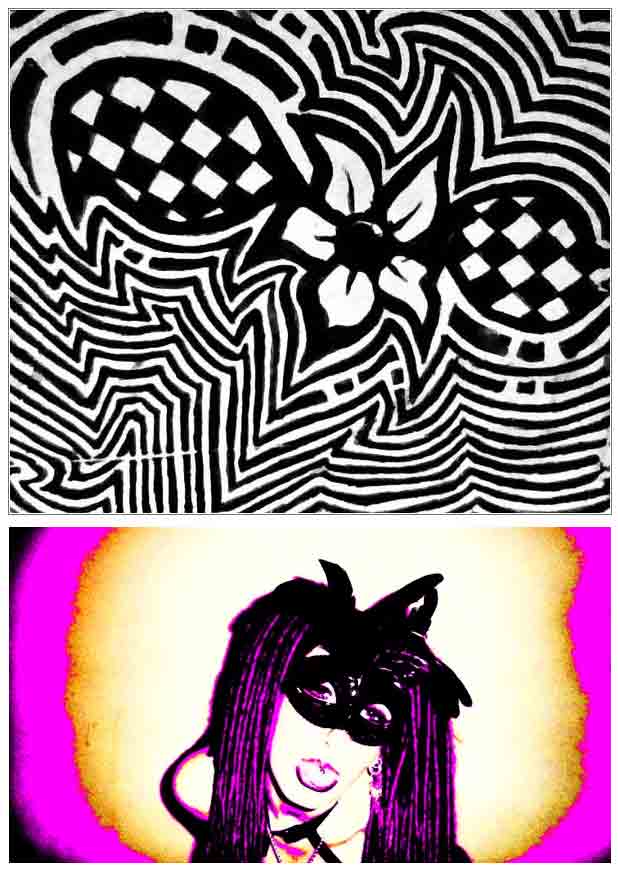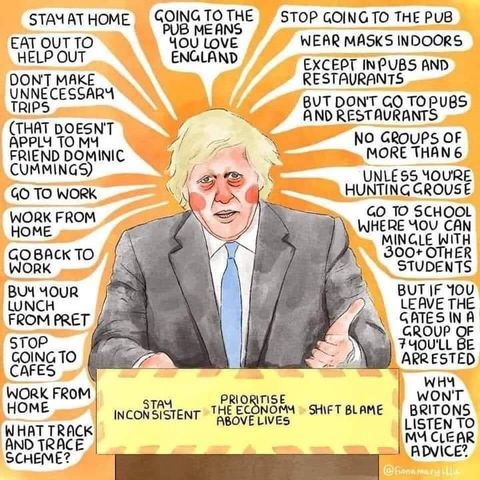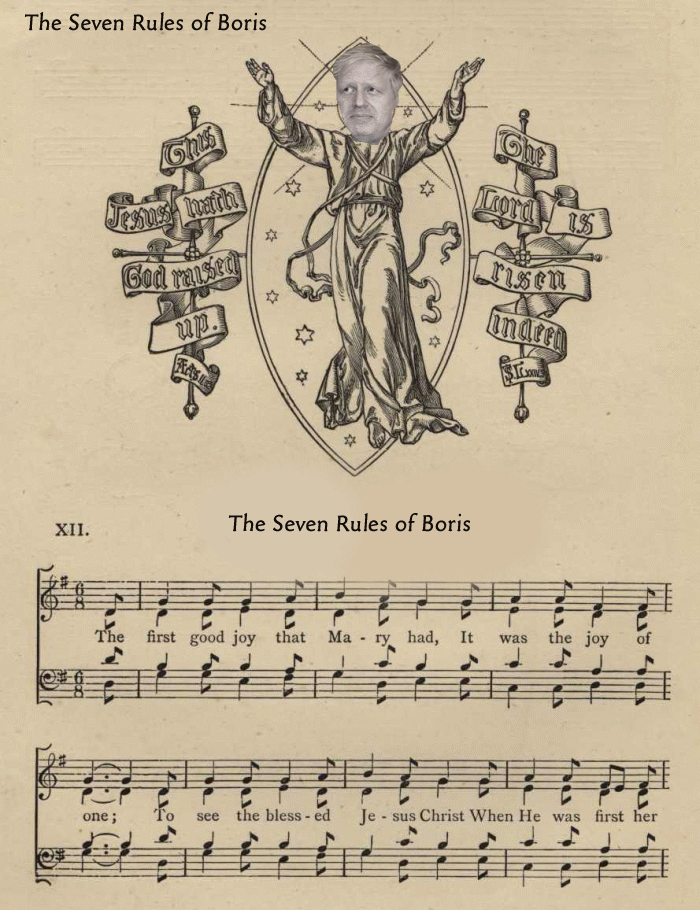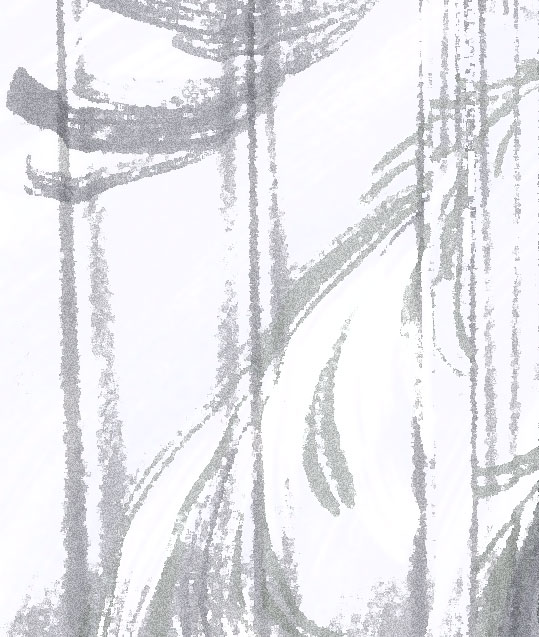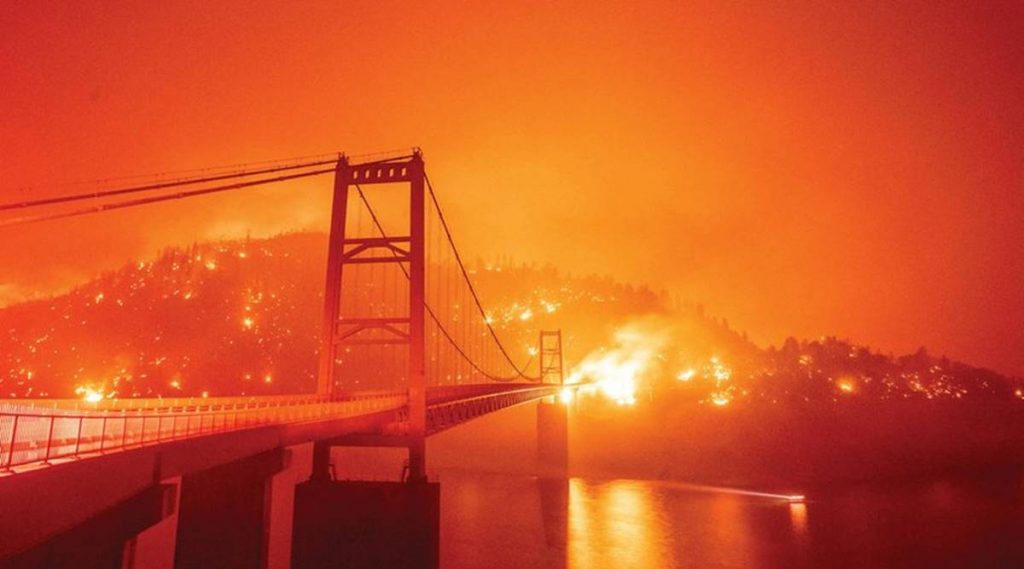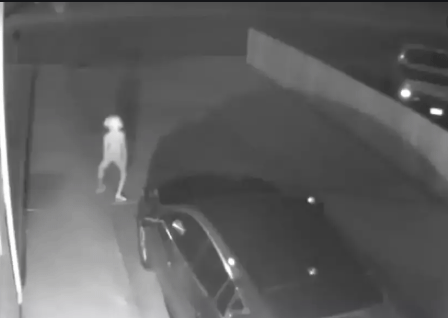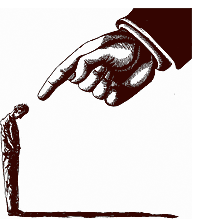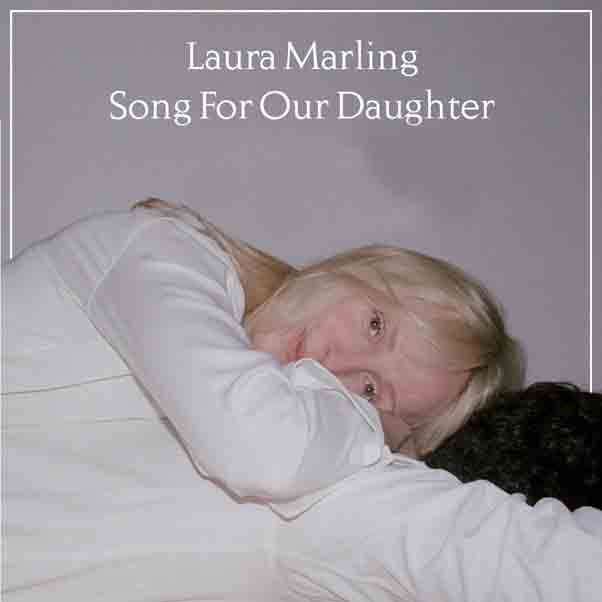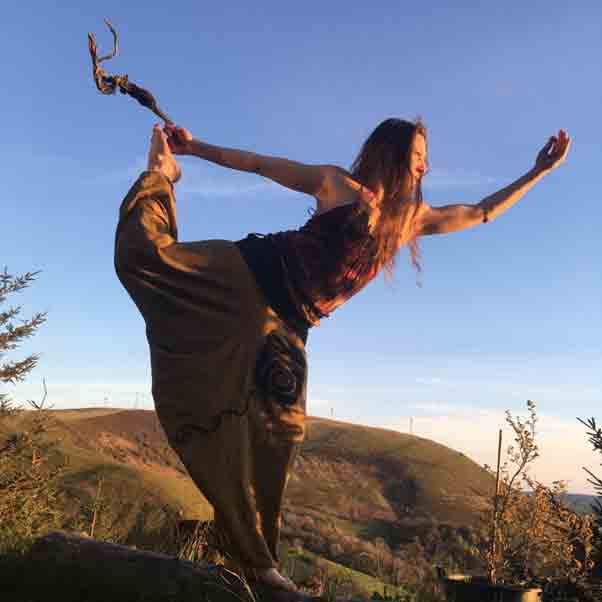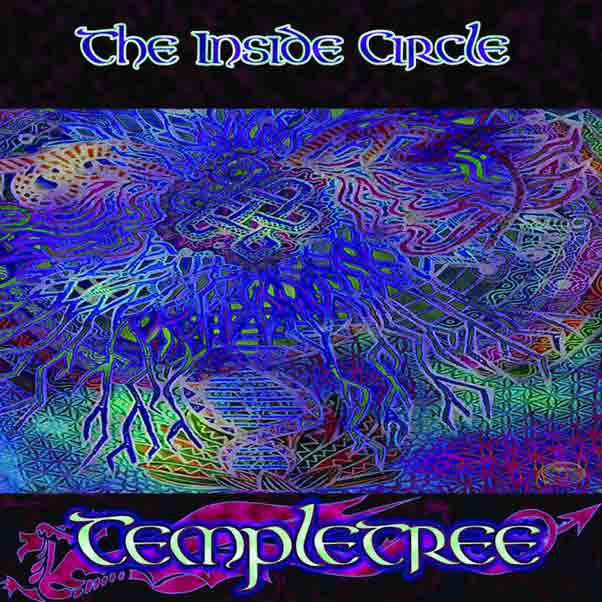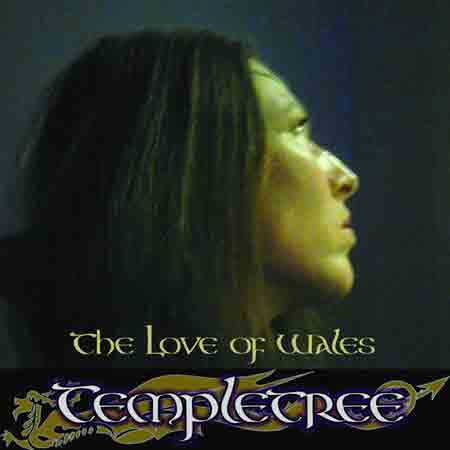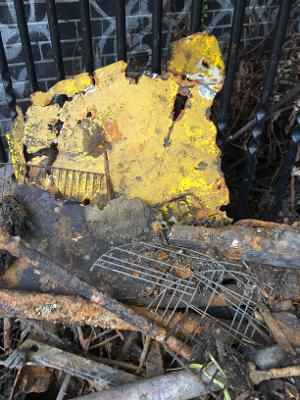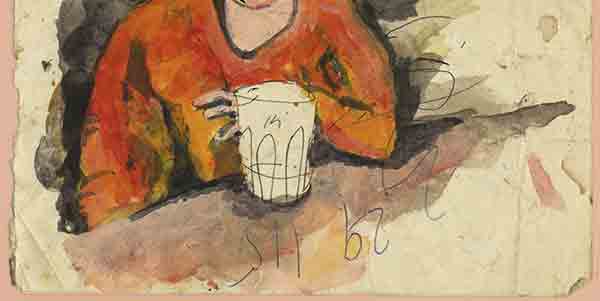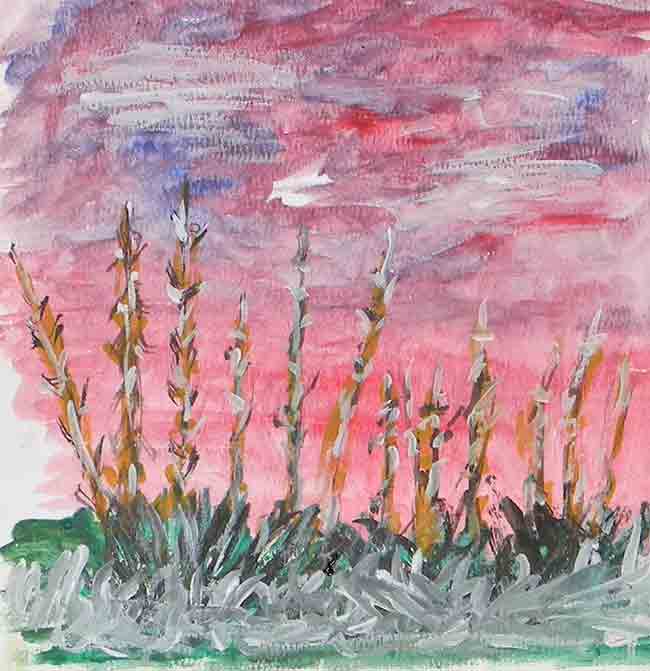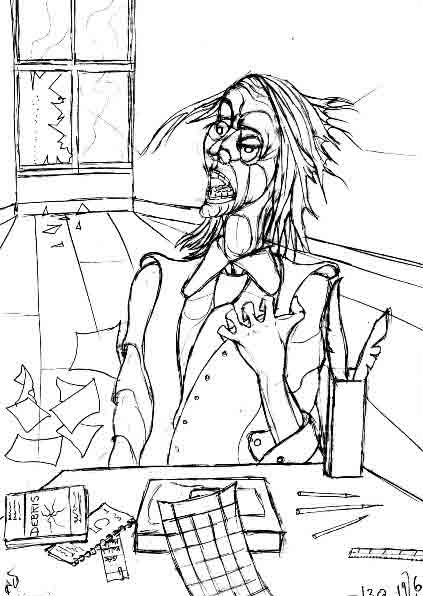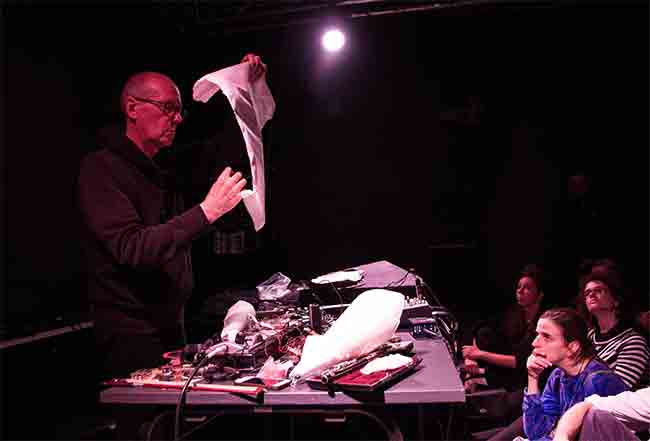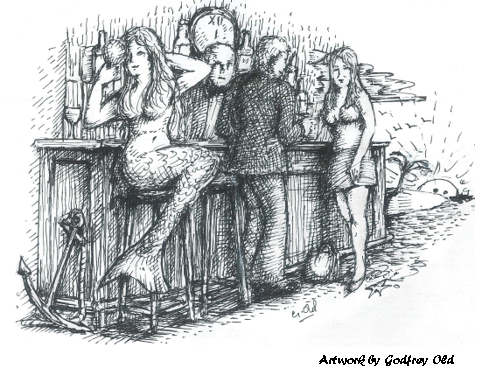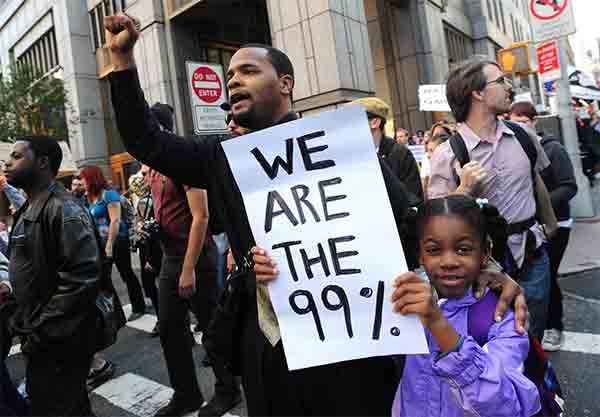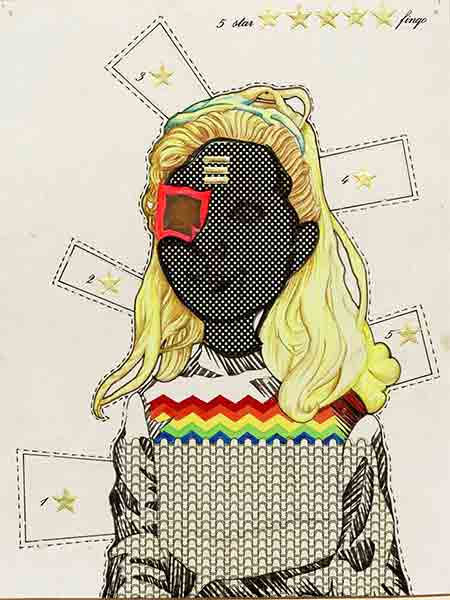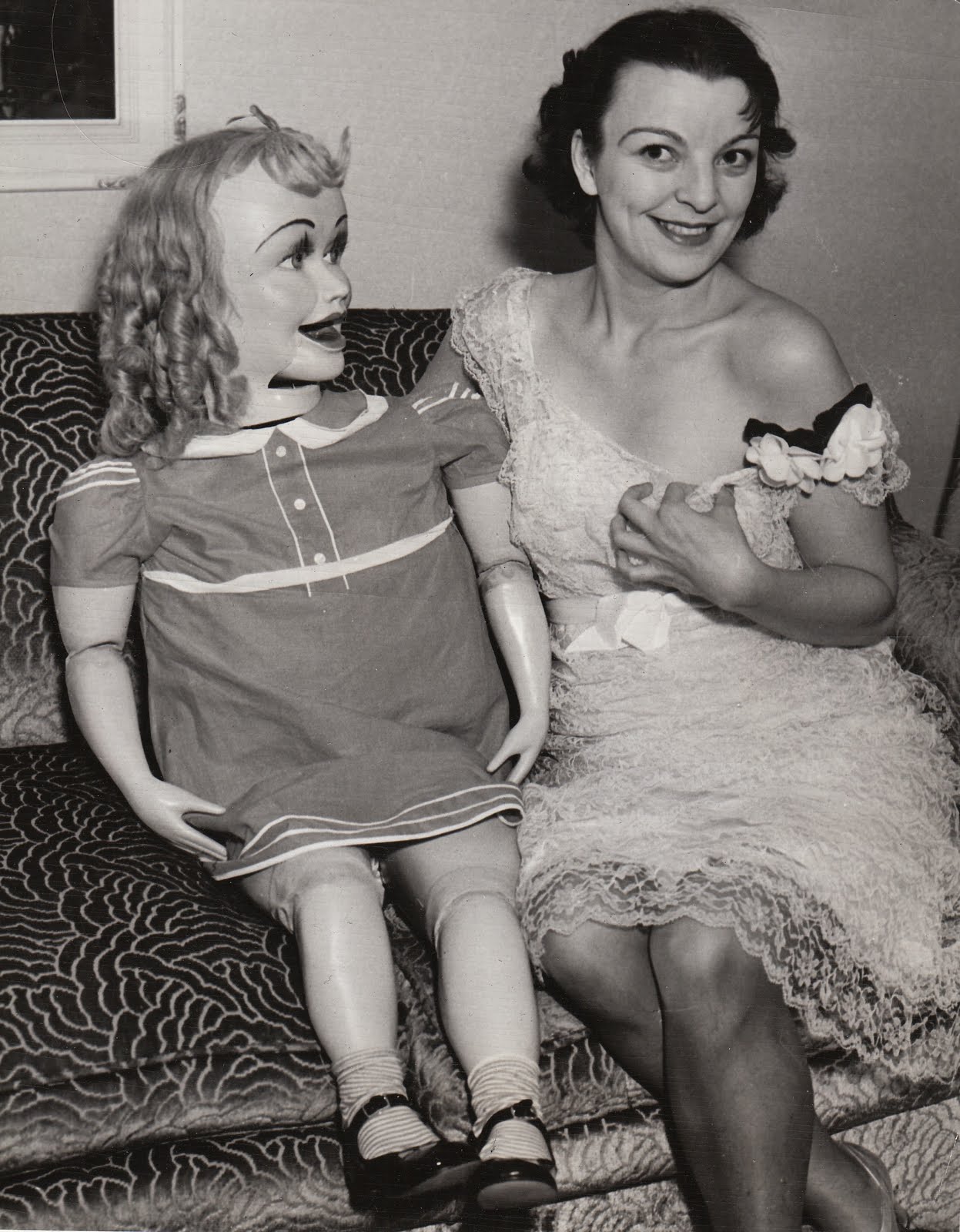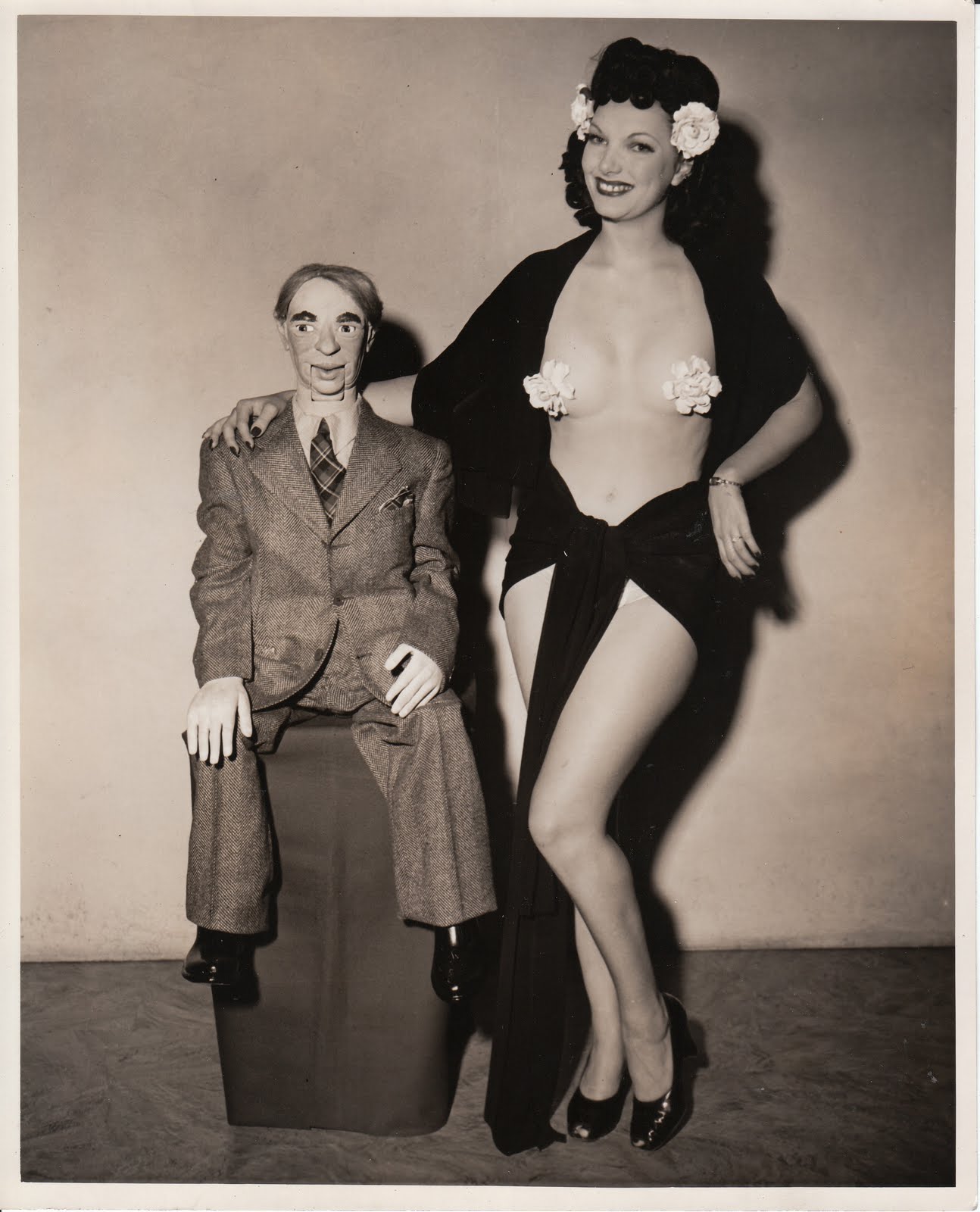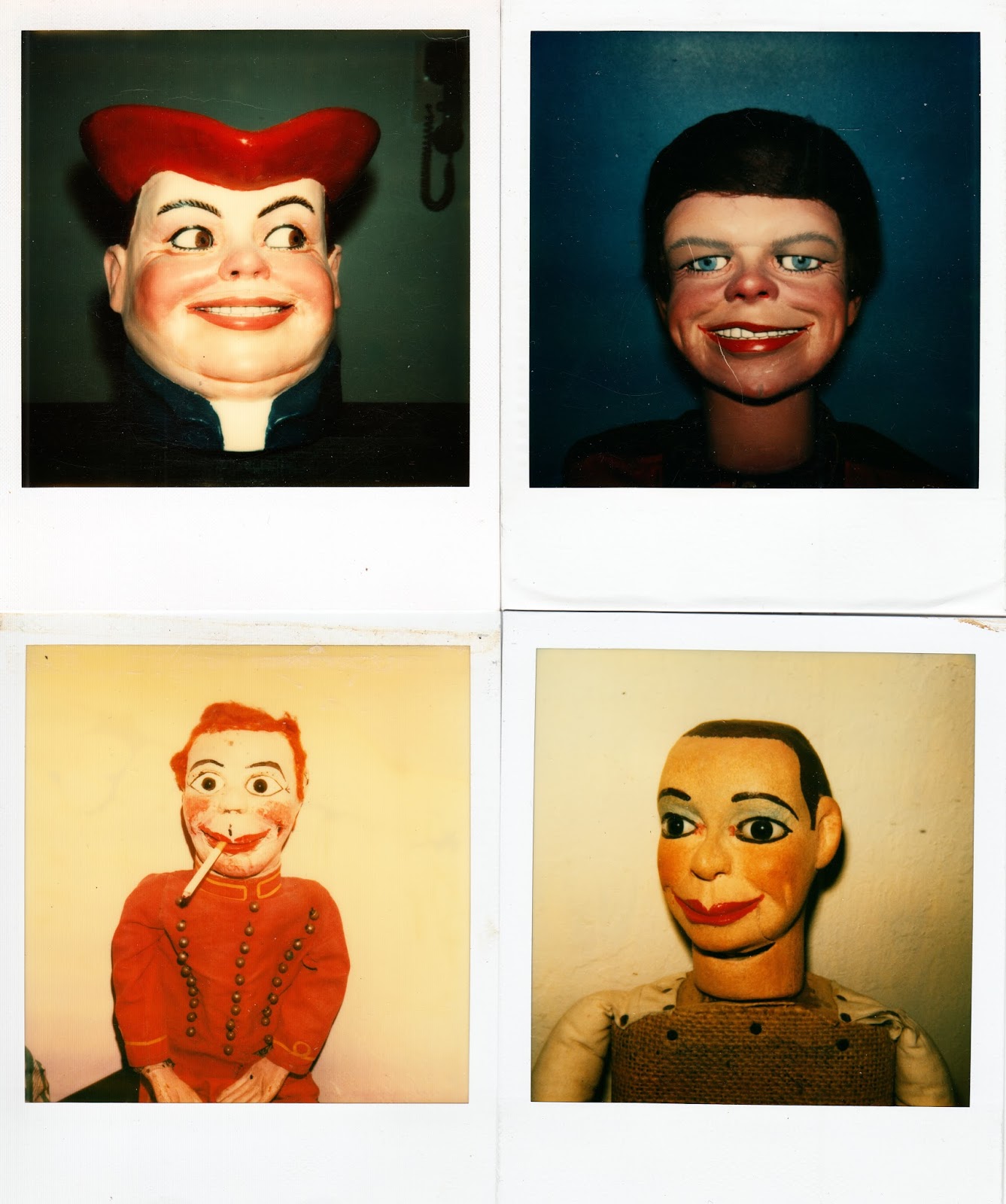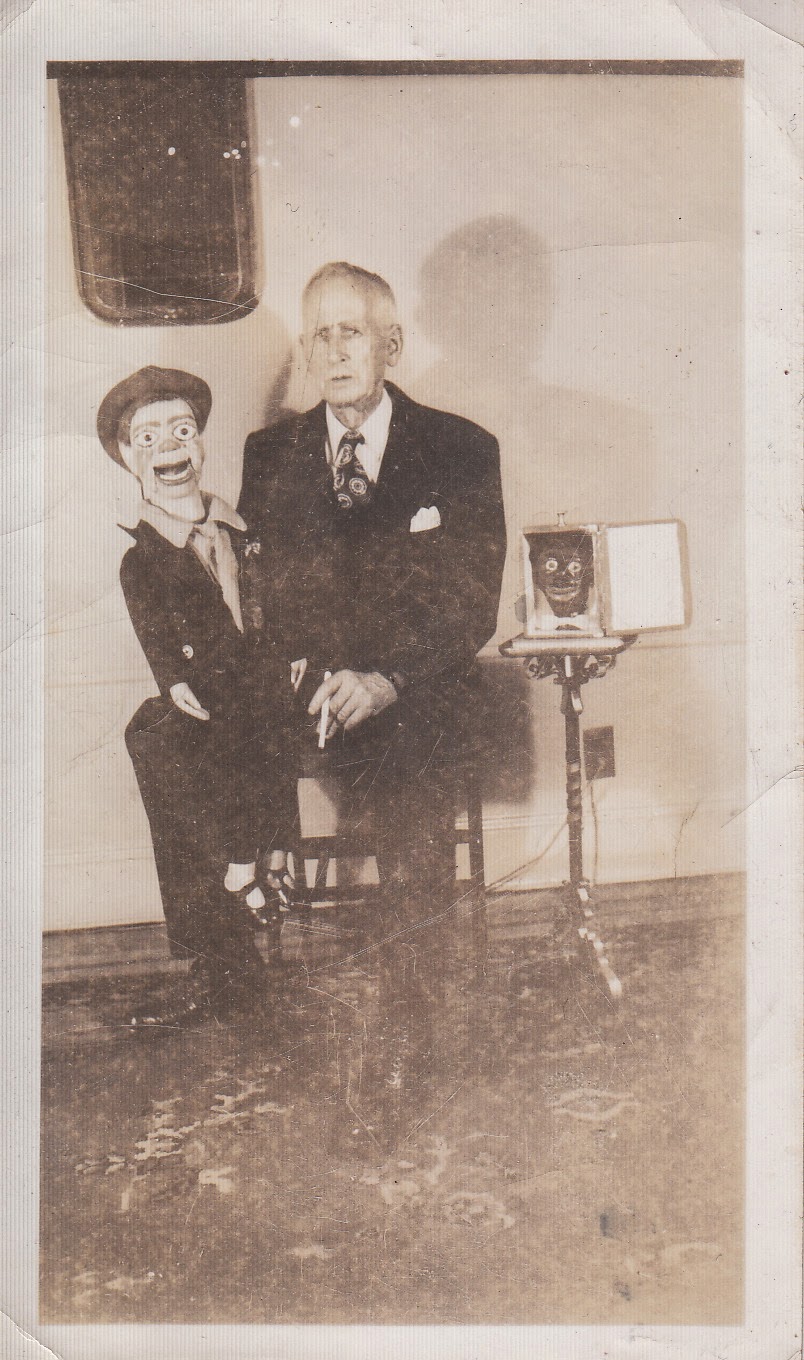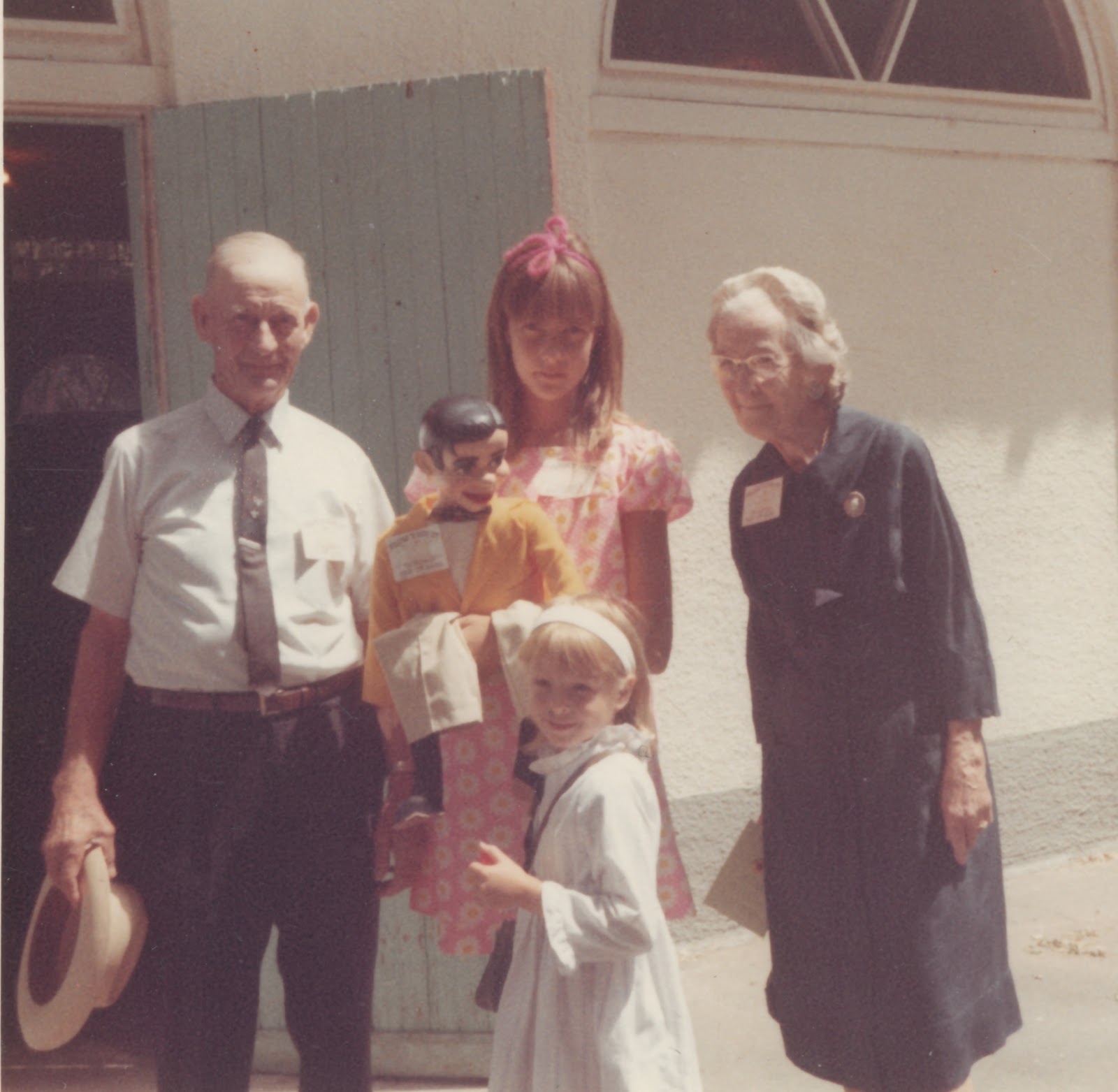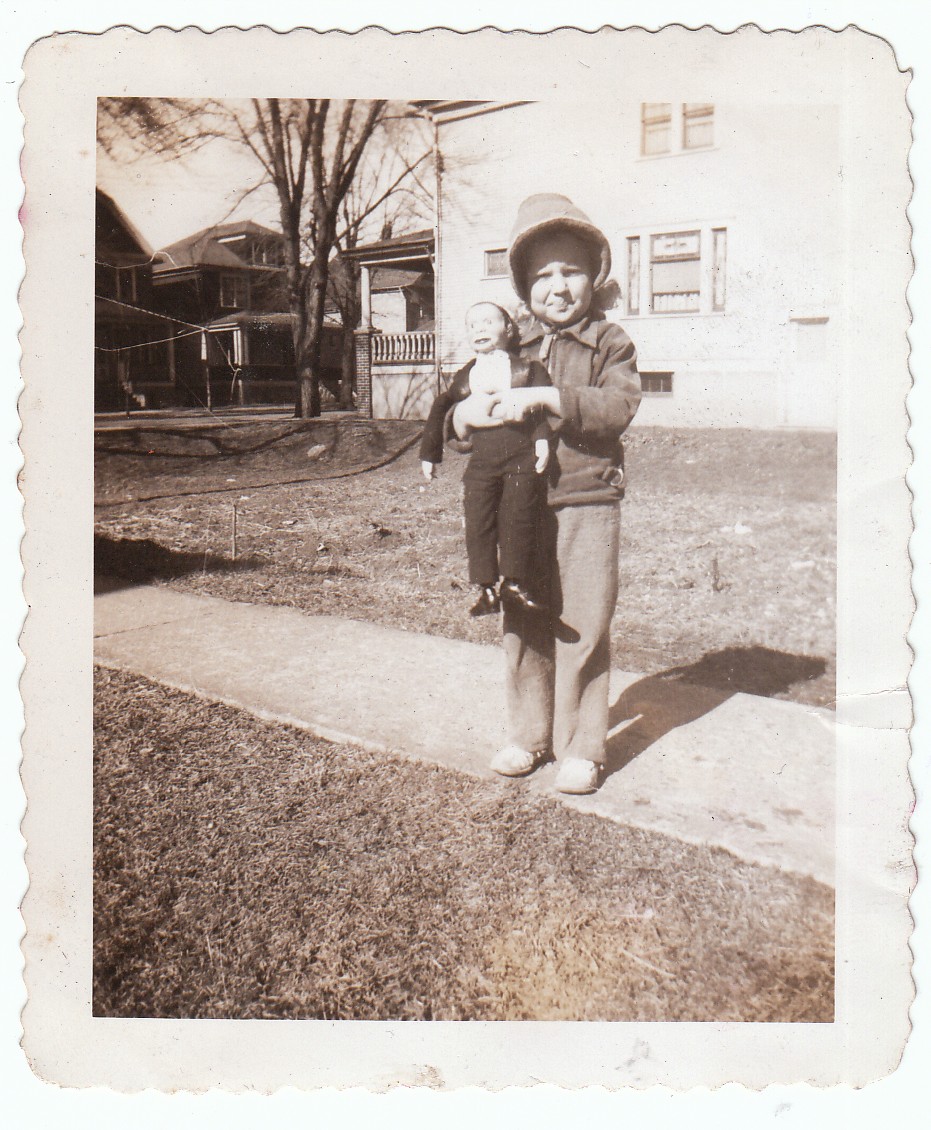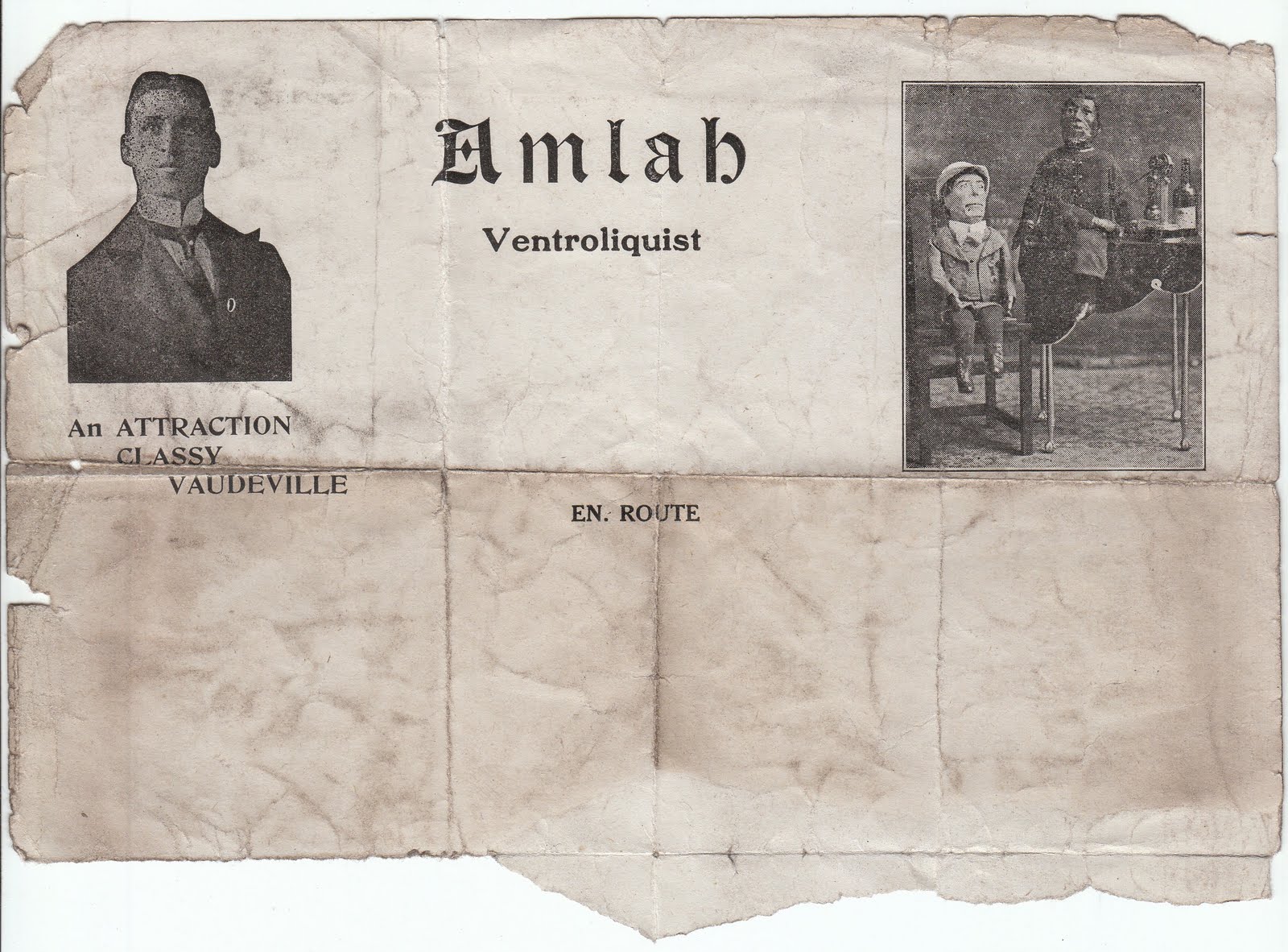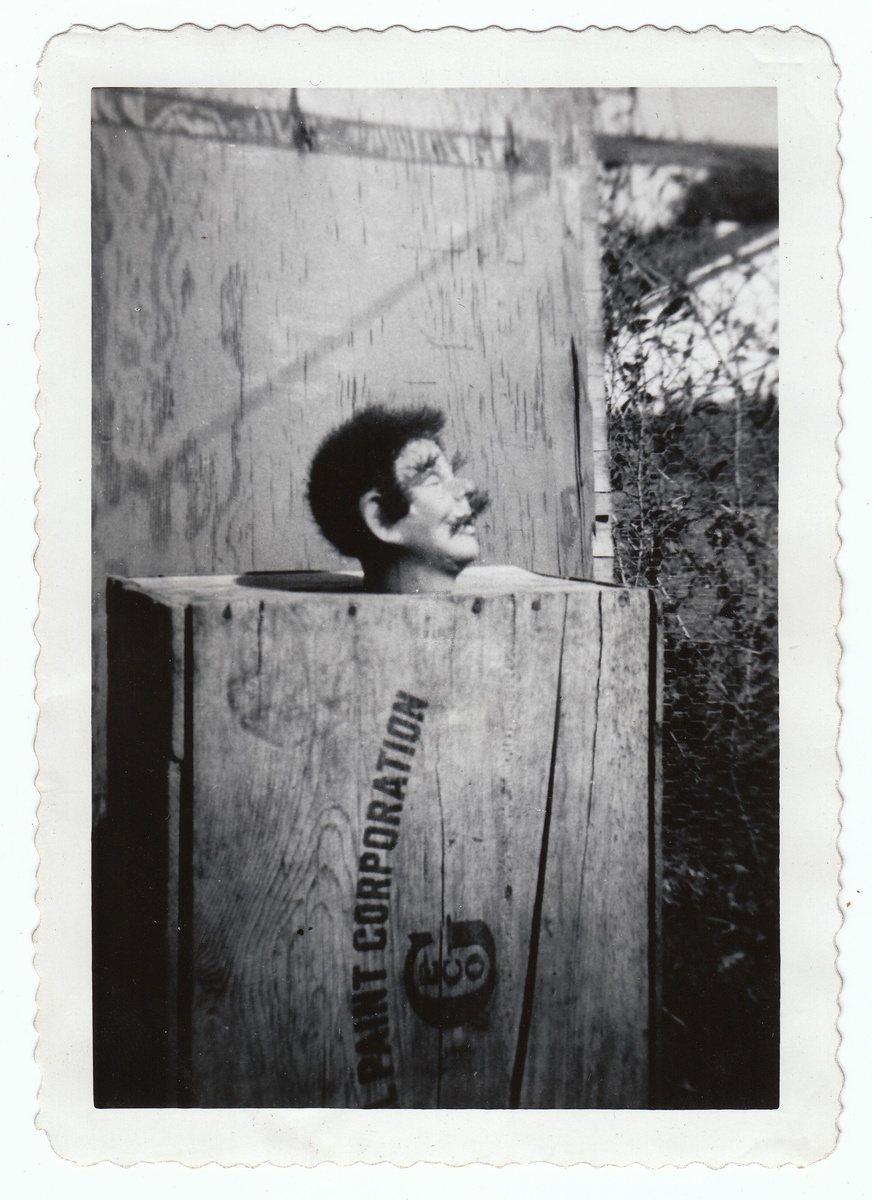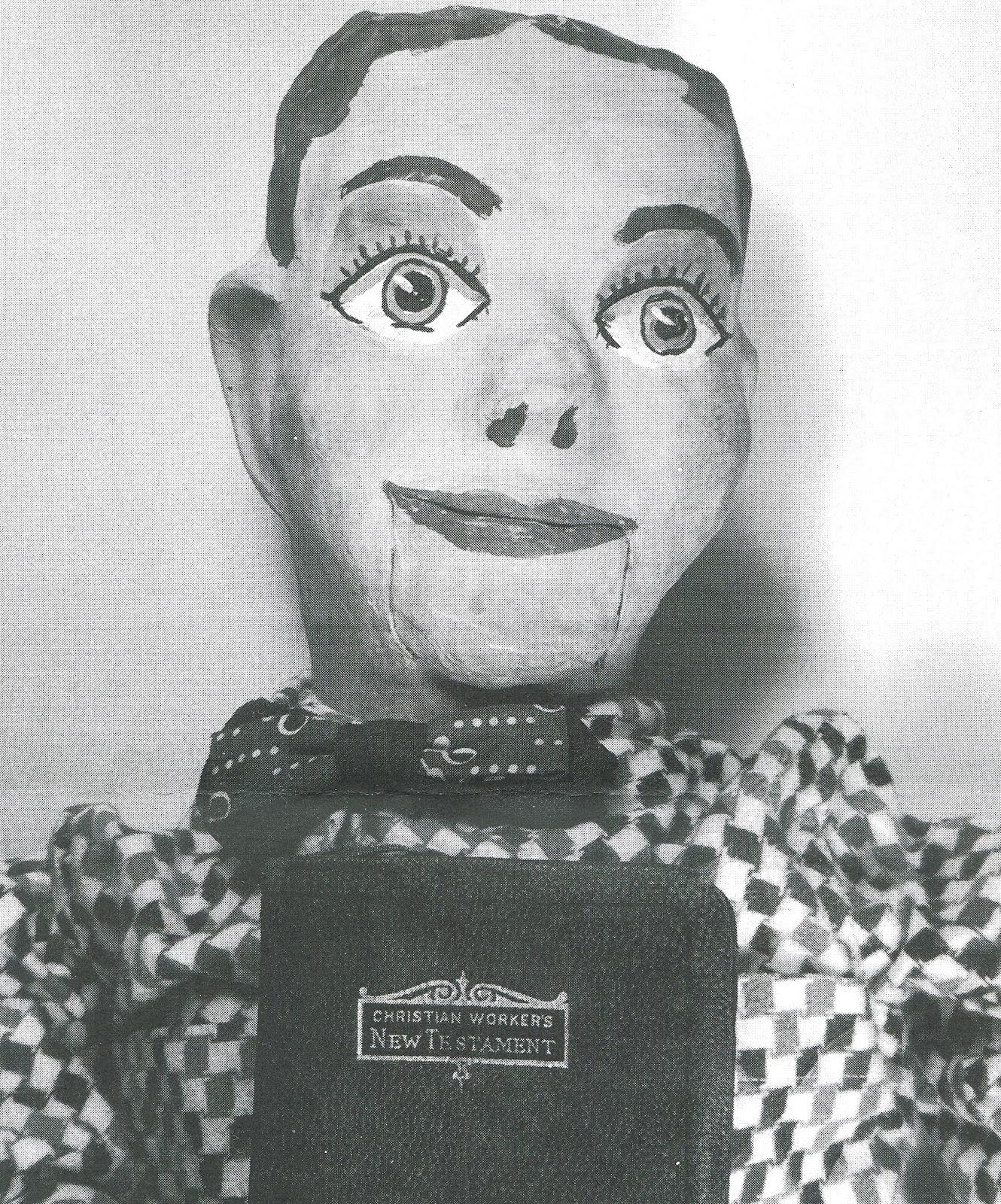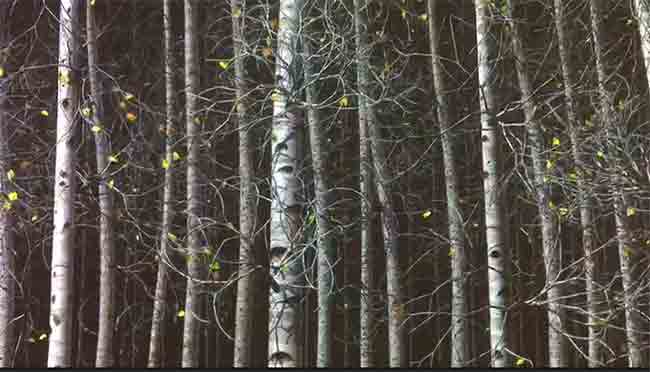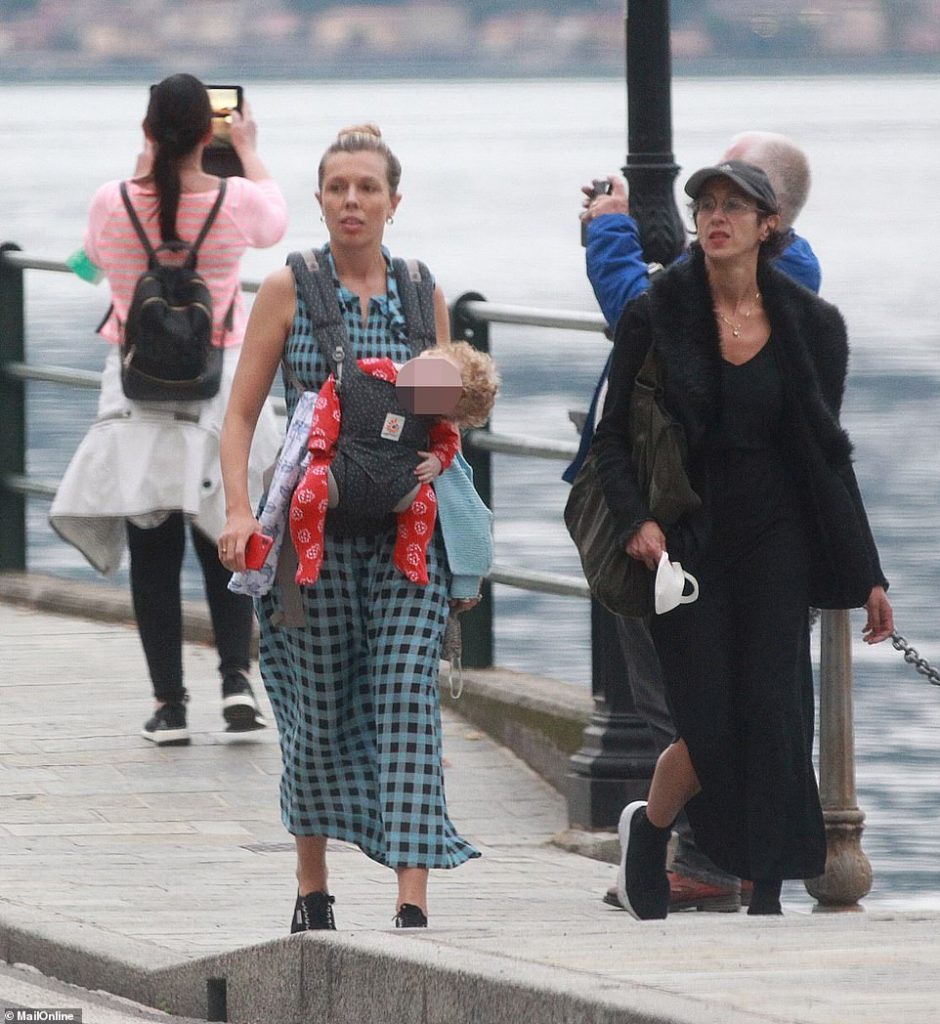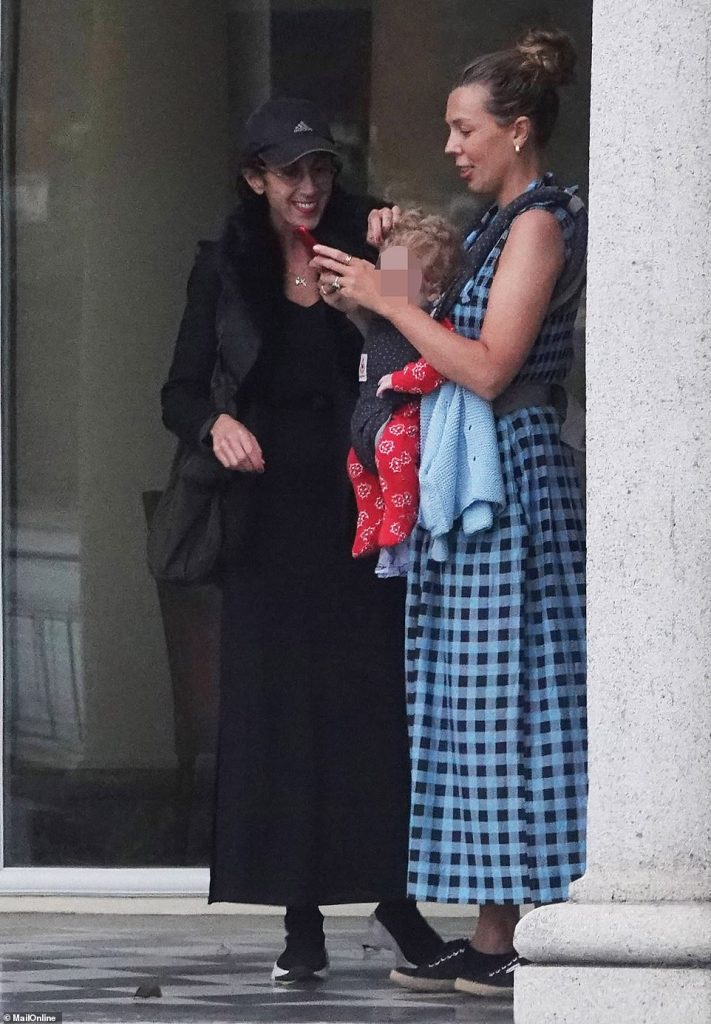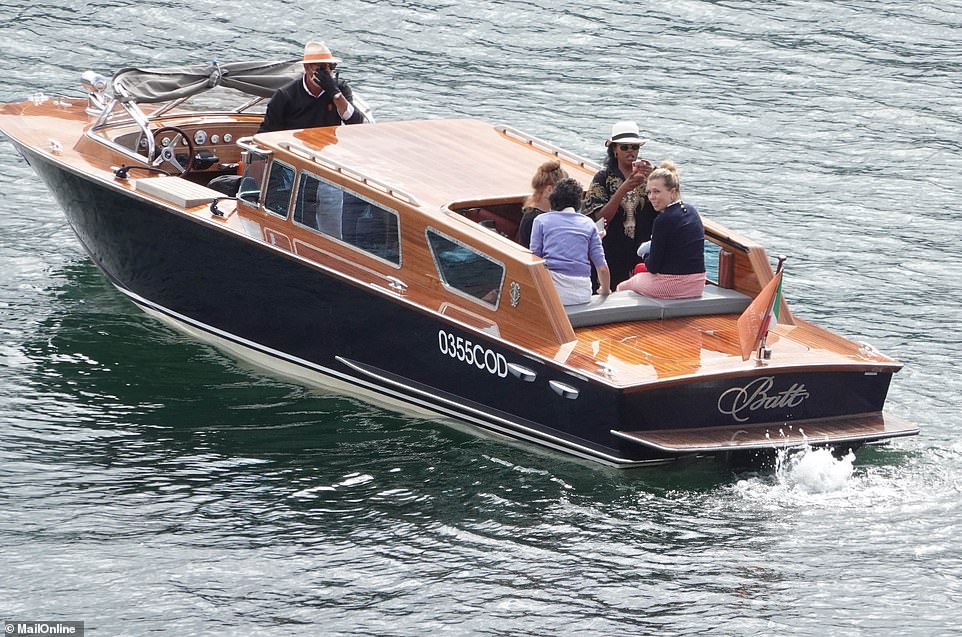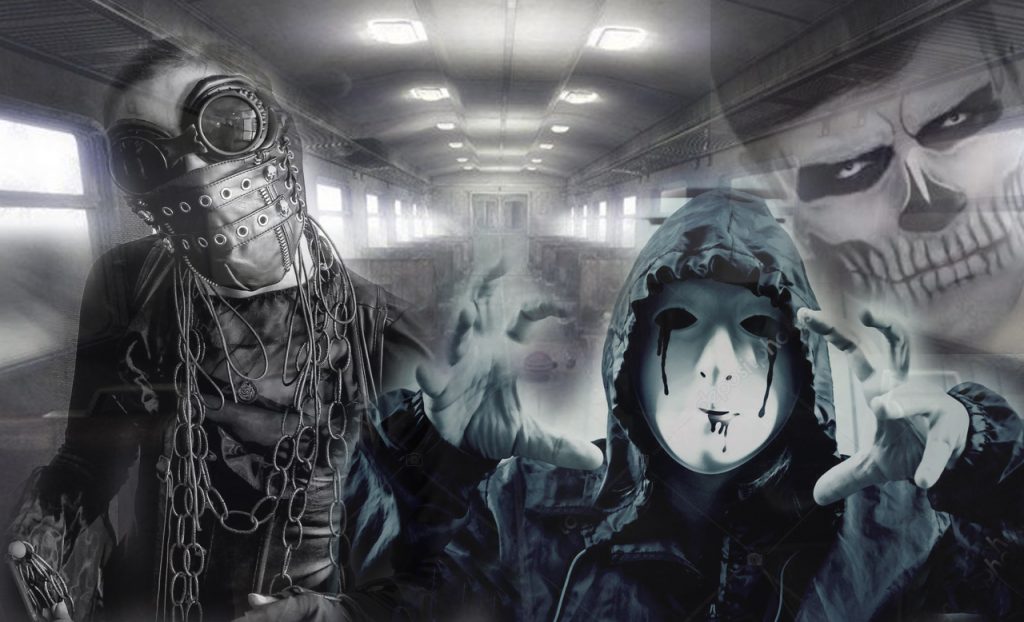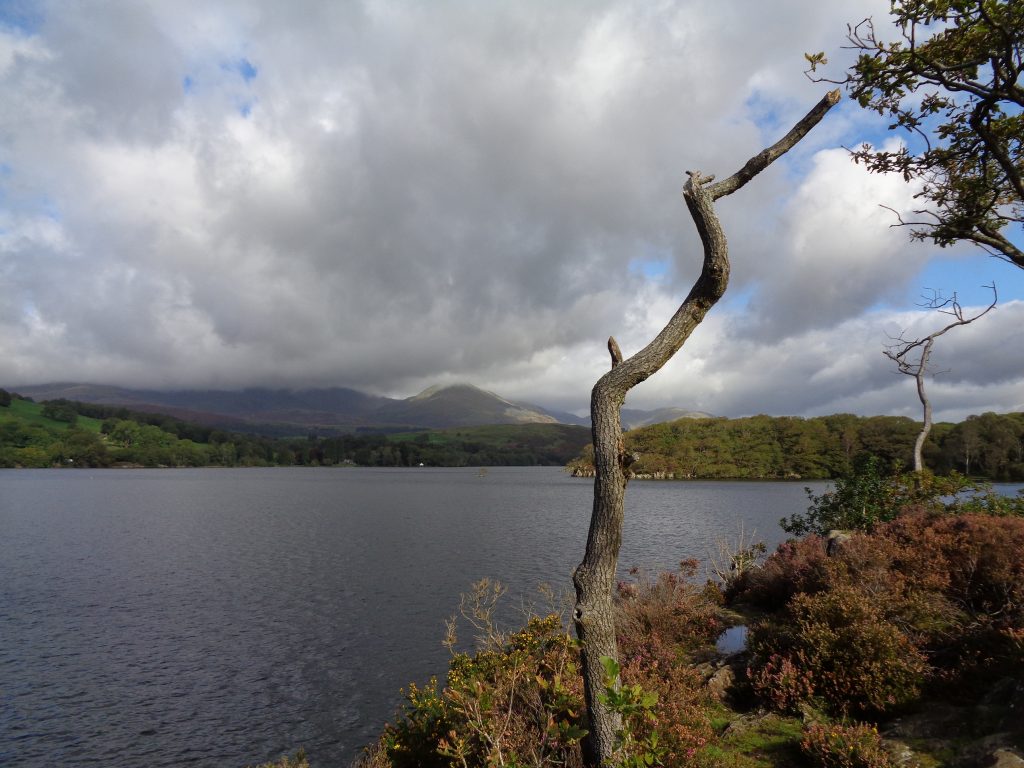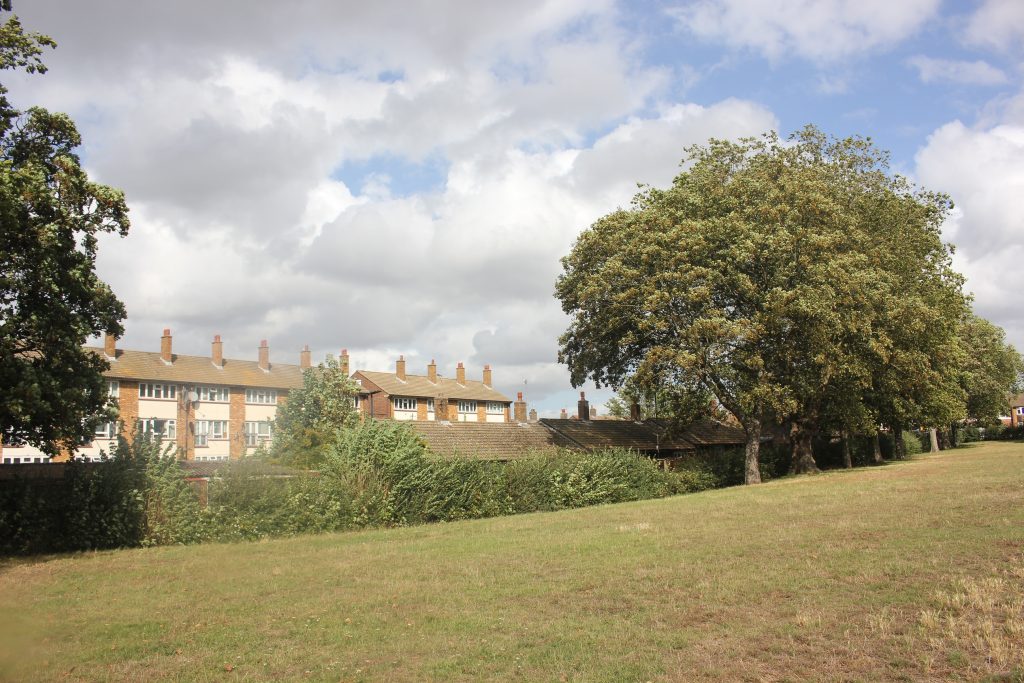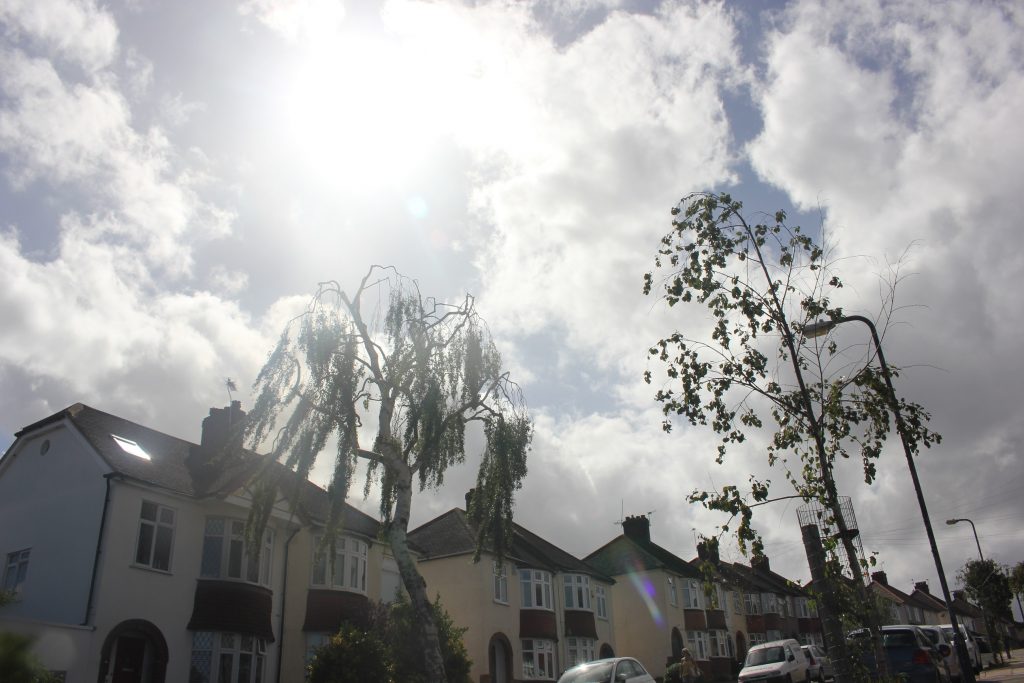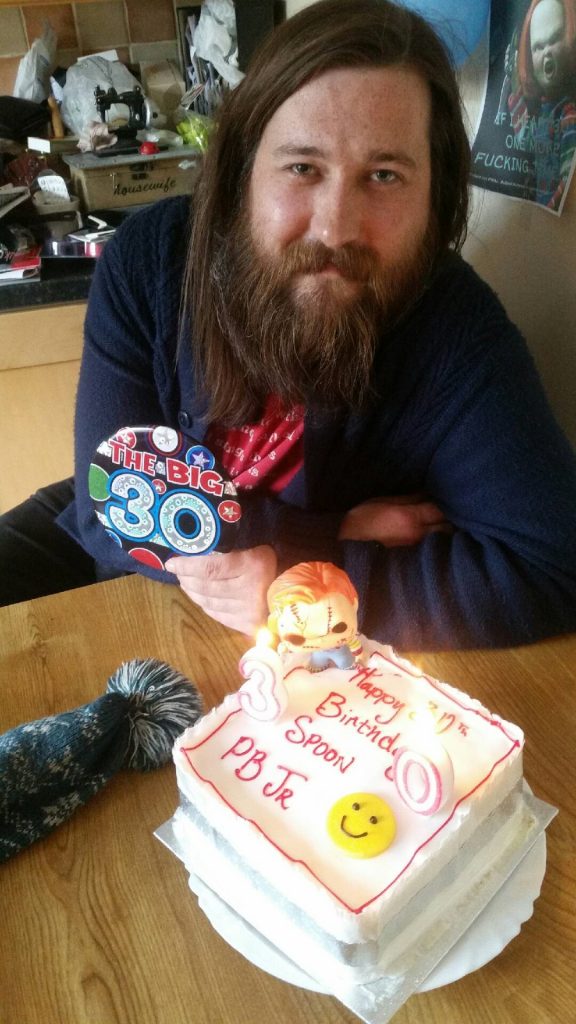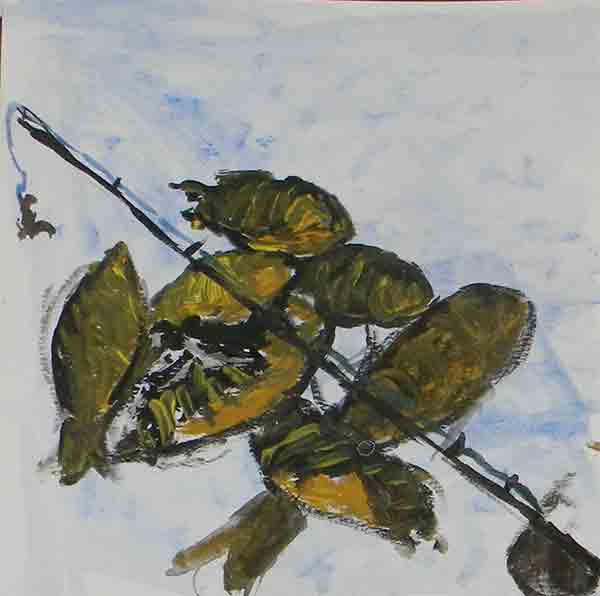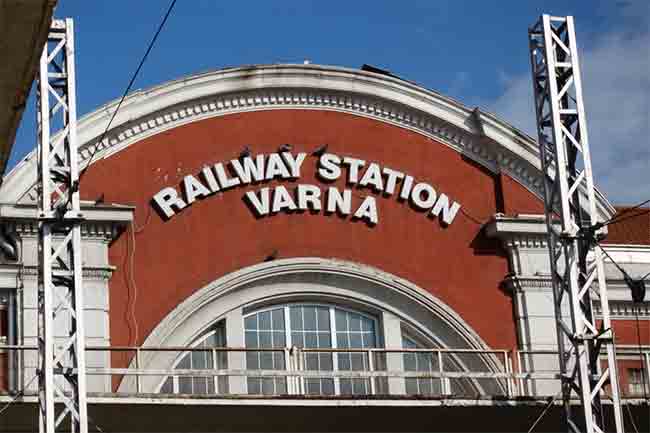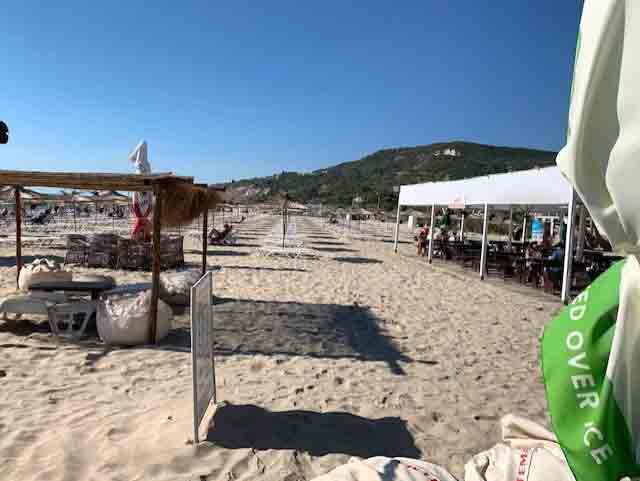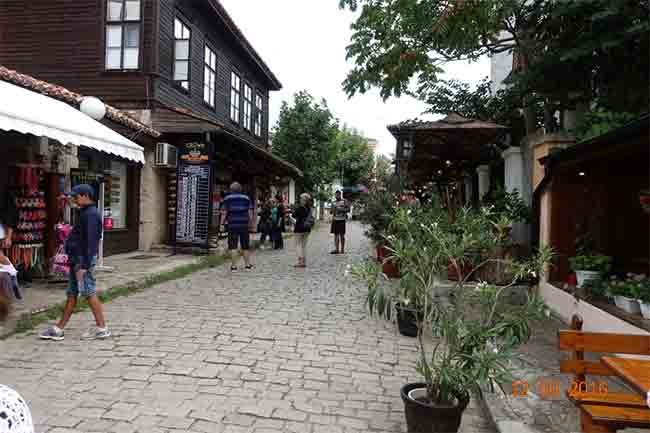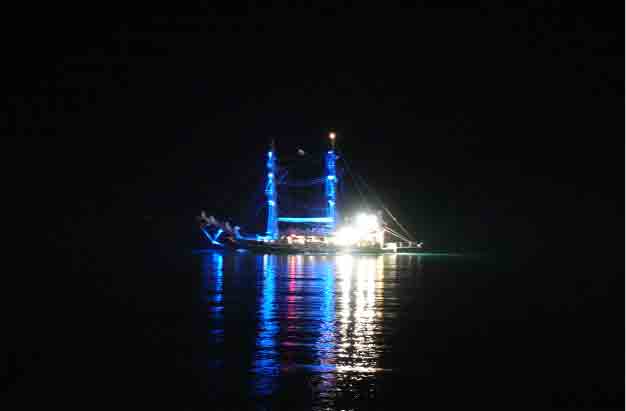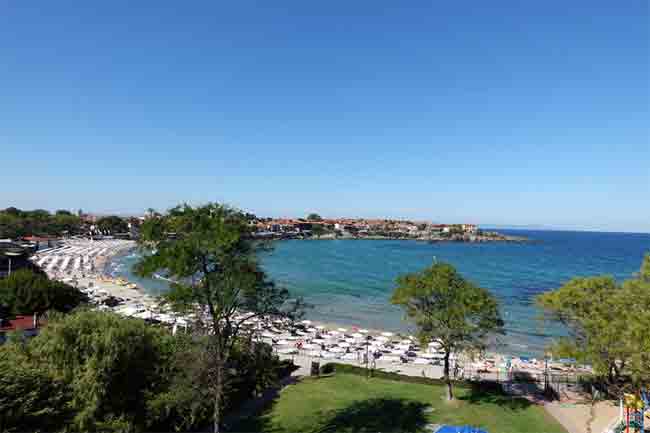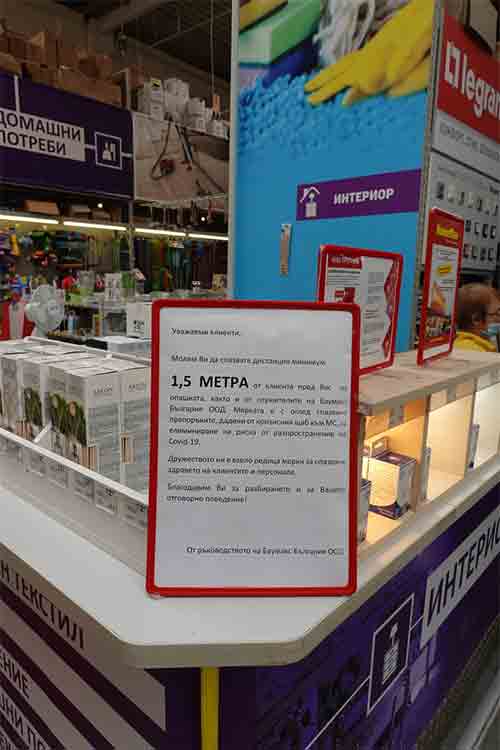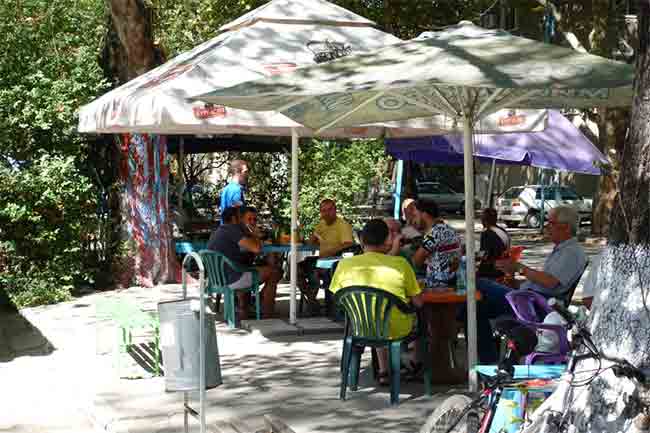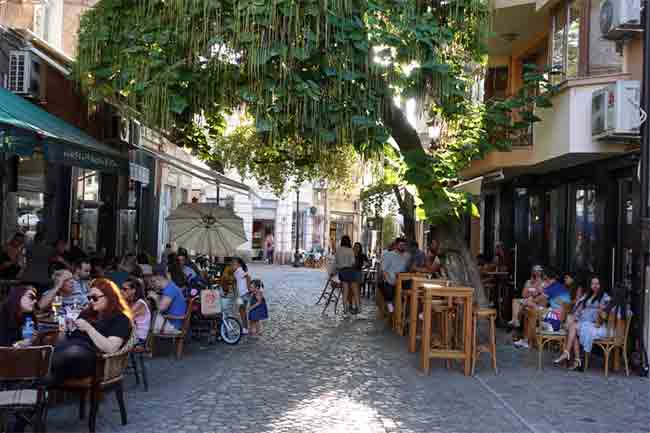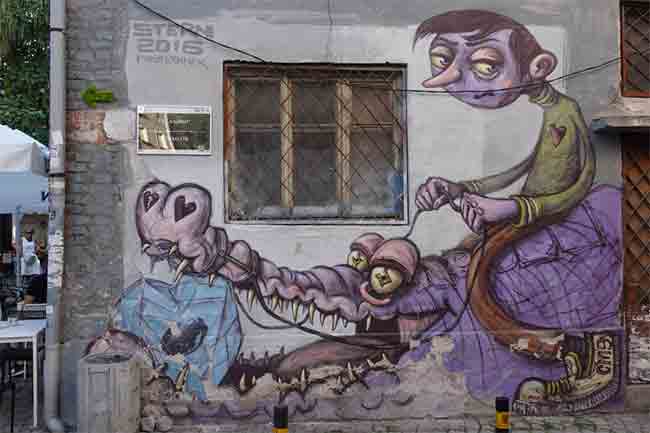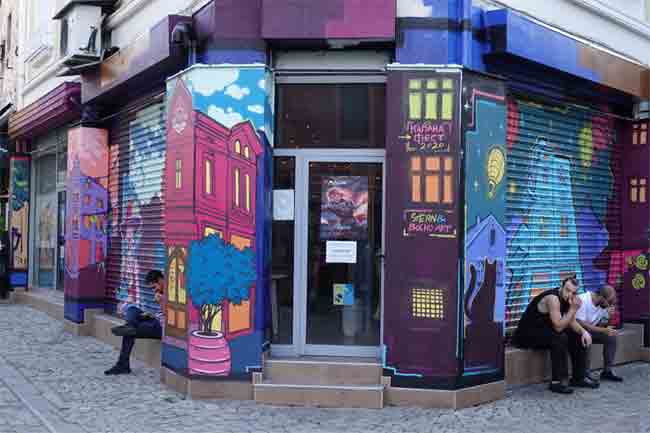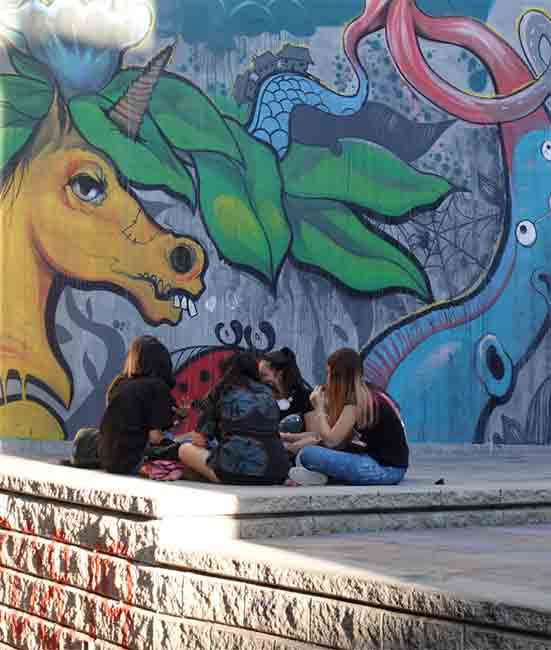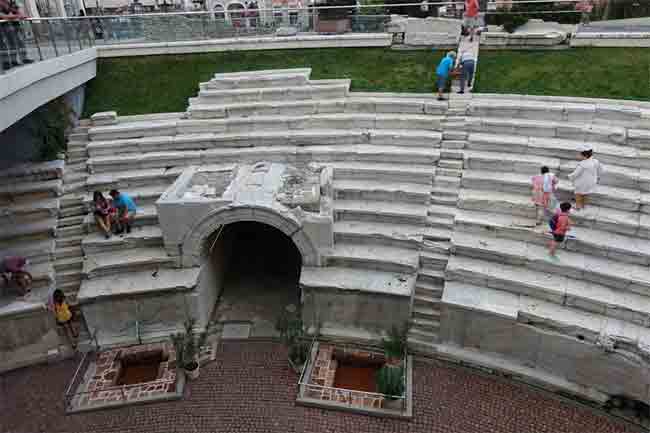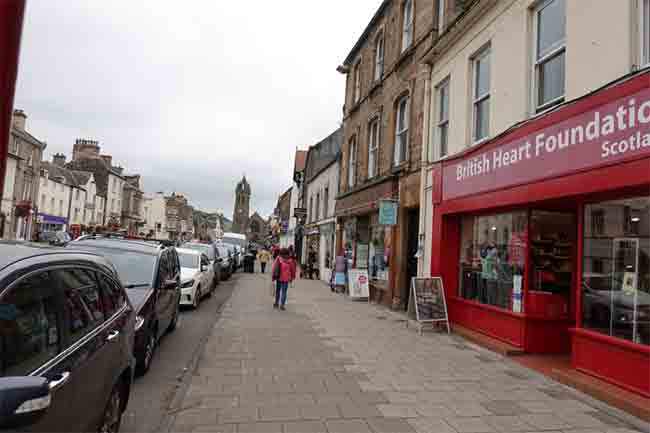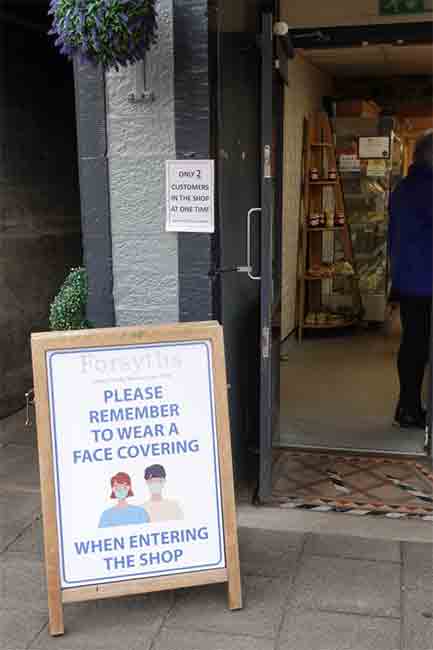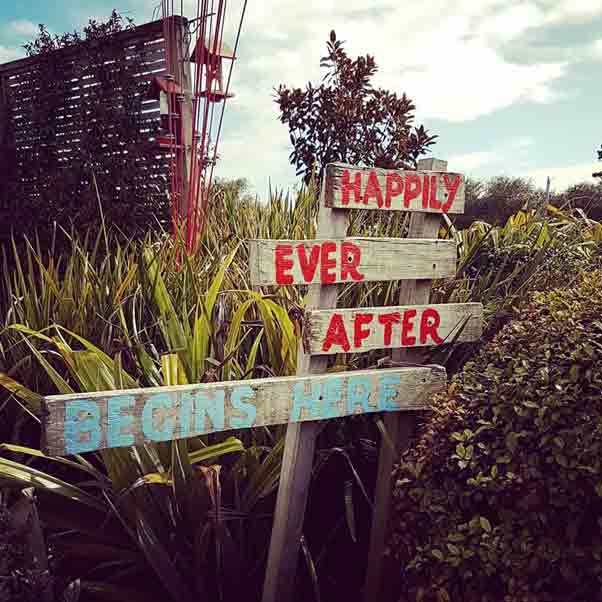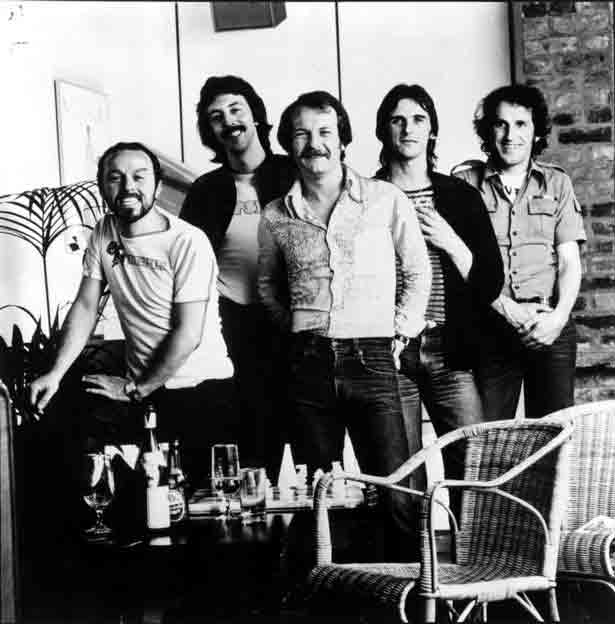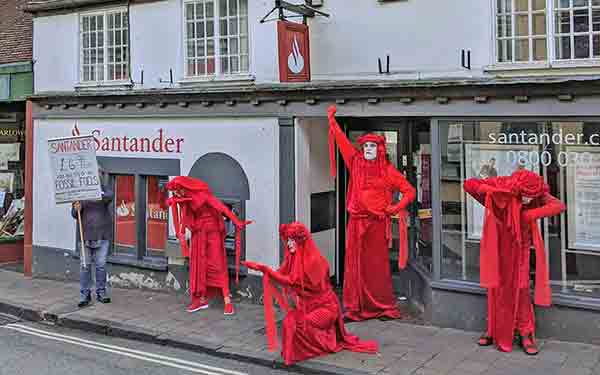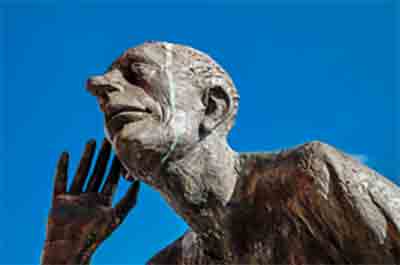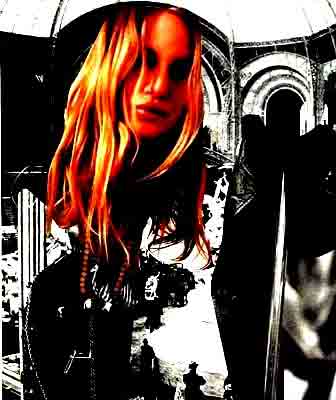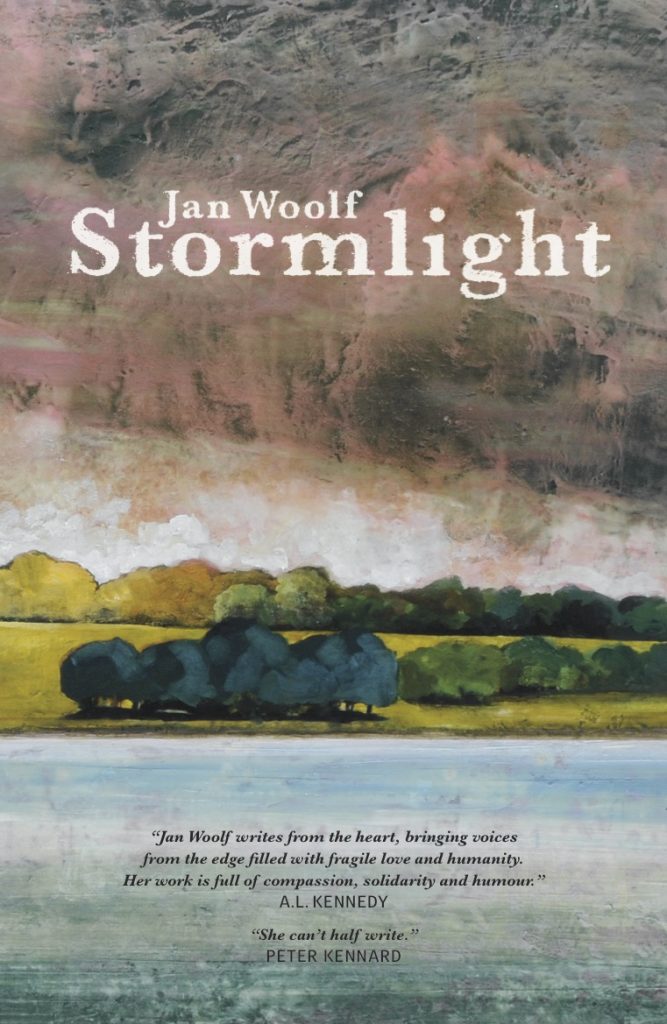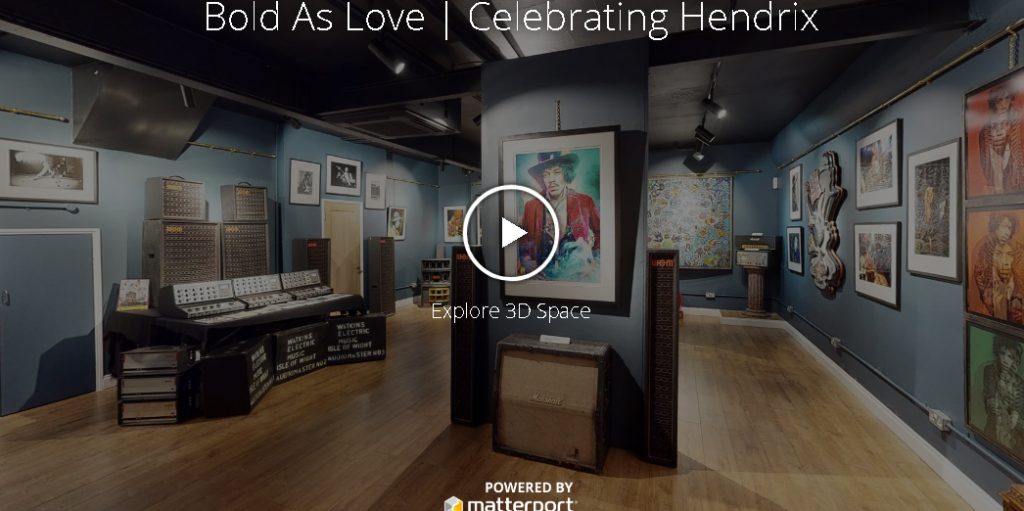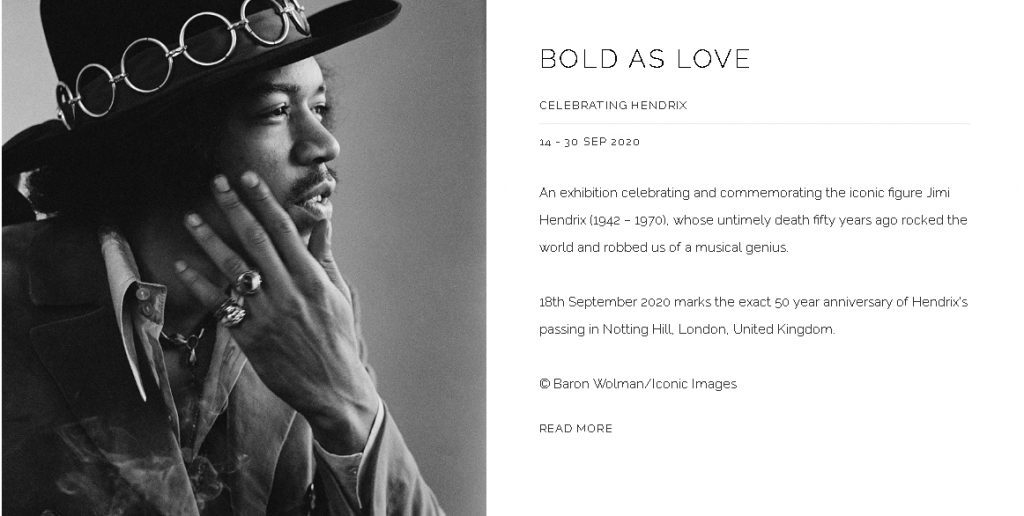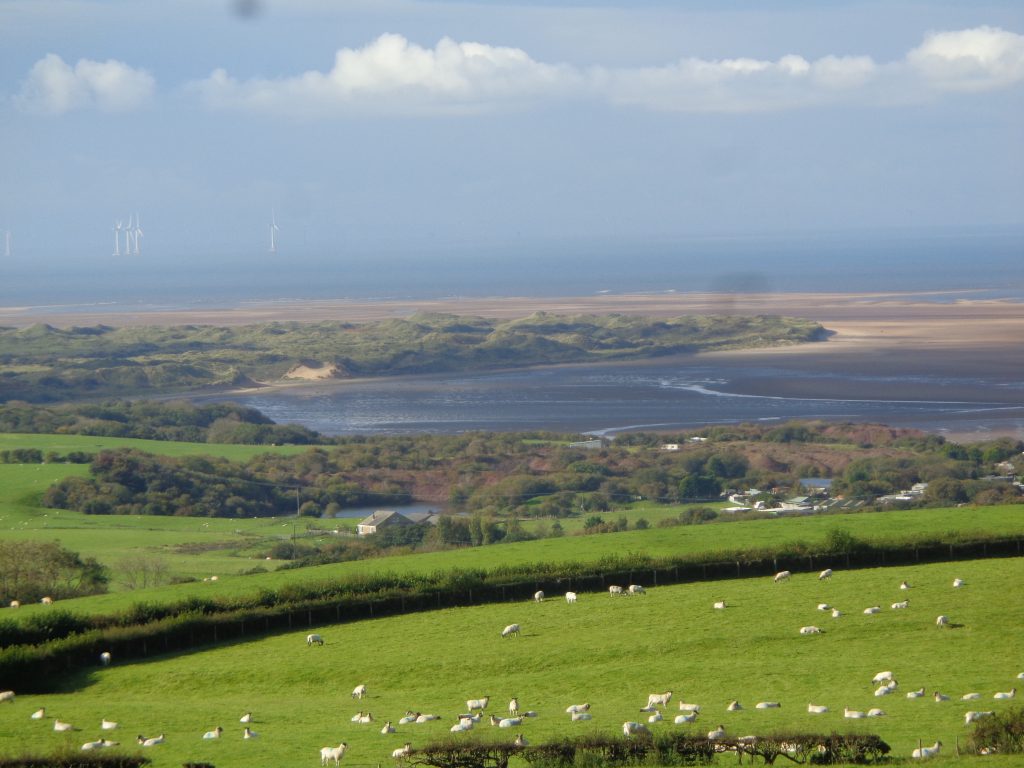
Sandscale Haws from the slopes of Bank House Moor, a week earlier.
The pencil claimed it was a 2B but behaved more like a 4H[i]. Perhaps the cold had chilled its graphite? At least it was not affected by water: neither the marks it had made already, nor by the puddles lying in wait on the damp paper as it scrawled forward.
A distant town clock clanged 2, but knowing it was only a quarter past twelve, I felt neither alarm nor dislocation. It had clanged for 1 just after I arrived – at 11.14 according to one of the ladies in the charity shop. Don’t ask why I was in Barrow, I just was. Maybe I’ll get to that later. In case it’s not obvious, this is Barrow-in-Furness – in fact, you can add in-Furness to almost all the place names that follow.
The forecast had shown 1 to 2 drips of rain under a child’s grey cloud shape. Sadly, I’d seen no such shapes at all, just a sagging blanket of discoloured loft insulation, and 2 drips was wildly optimistic, several million must have landed just on me, not to mention everything around from Irleth onwards. Askam Brickworks was almost lost in the precipitation. Dalton’s centre, a confluence of rivers.
Without a map, reverting to instinct, I chose the road that ascended past Dalton’s railway station, encountering a building which despite replacement glazing, retains its symmetrical distinction:

It was raining too heavily to investigate this building’s purpose, and by now my feet were soaked. The gears slipped and I chose instead to squelch over the railway bridge pushing the bike uphill, not realising I’d missed my proper route – the once grand curving road westward from Dalton. Without sun the grandeur of Furness was bound to be diminished. Its mental image of green and maroon, echoed by the railway soon invisible below – impervious to the gradients of greyed hills by virtue of the red sandstone burrows of its tunnels: All that was lost too.
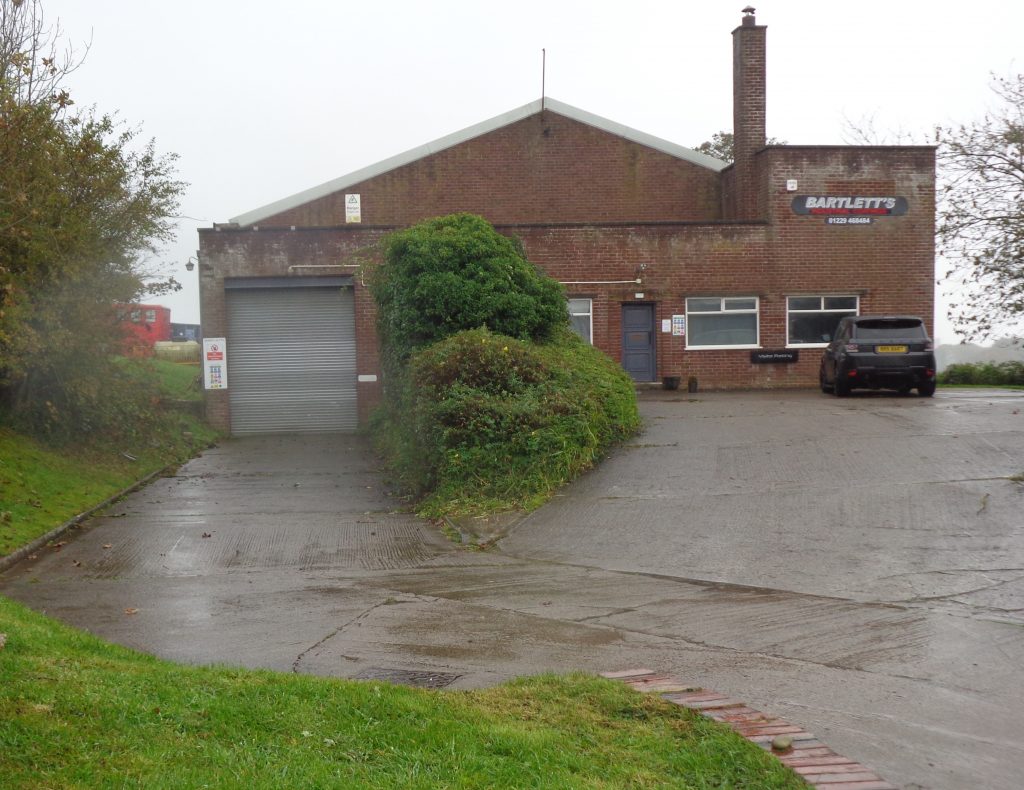
Beyond Bartlett’s Automotive Bodywork Solutions, the Barrow road was regained and soon the Vale of Nightshade, sight of Furness Abbey[ii], was approaching. Prior to its dissolution and destruction in 1537 during the Reformation, Furness Abbey was the second wealthiest Cistercian monastery in the country – owning Coniston Water and much of the land around it and exerting great influence on, for example, the Isle of Man, many of whose mines were in their possession. Piel Castle[iii] on an island near the south of the Furness peninsula, was built or fortified by the monks (John Cockerham, Abbot of Furness, being granted a ‘licence to crenellate’ in 1327), partly as a place of safety and partly to control Cistercian interests in Ireland as well as goods from the Isle of Man.
All history however was slammed and swashed away by the heavy traffic overtaking me. Even the cycle lane was not advisable, much of it being flooded. So I took to the wide and abandoned flagstone pavement all through the superior leafy suburb of Croslands Park, where huge Victorian villas, often recast as retirement homes and nursery schools, mingle with detached, 60s and 70s houses – boxy and large-windowed in their generous though washed-out gardens.

Unlike from the Hindpool Road and docks area, approached from the east the shopping centre of Barrow is hard to locate, so I diverted to consult the map outside the station. Usually you get a sense of which way to go in towns and cities, an instinct for the centre, but the grid of impoverished terraces in lower Barrow are inscrutable. Punctuated by municipal and industrial buildings, churches and the odd charity shop, they give away nothing.
Barrow central was pretty much abandoned, whether due to the weather or the perpetual covid scare it’s hard to say. In one charity shop I overheard a conversation between two old women in masks that went like this:
“Ridiculous! It’s all ridiculous. That numbskull in charge dithers like a wig in a windstorm.”
“Well, the next lockdown should sort it out.”
“If you’ve gotta go, you gotta go. I’m sick of all this fiddling around.”
“Feel sorry for the nurses though.”
“Aye.”
Then, as one of the women bustled through a curtain to make a cup of tea, to my delight, I unearthed Ordnance Survey map number 96, Barrow-in-Furness & South Lakeland area. There it was in their book racks for a mere £1.50. How likely is that? Usually, only a bush-whacked duplicate of a map you already have, presents itself – or one charting some obscure region far across the country, tantalising, yet beyond reach. Naturally, this Landranger 96 from 1988, was minus all subsequently constructed main roads, but this lack was itself to provide an interesting puzzle. At least I’d have some idea of which way to go on the return journey.
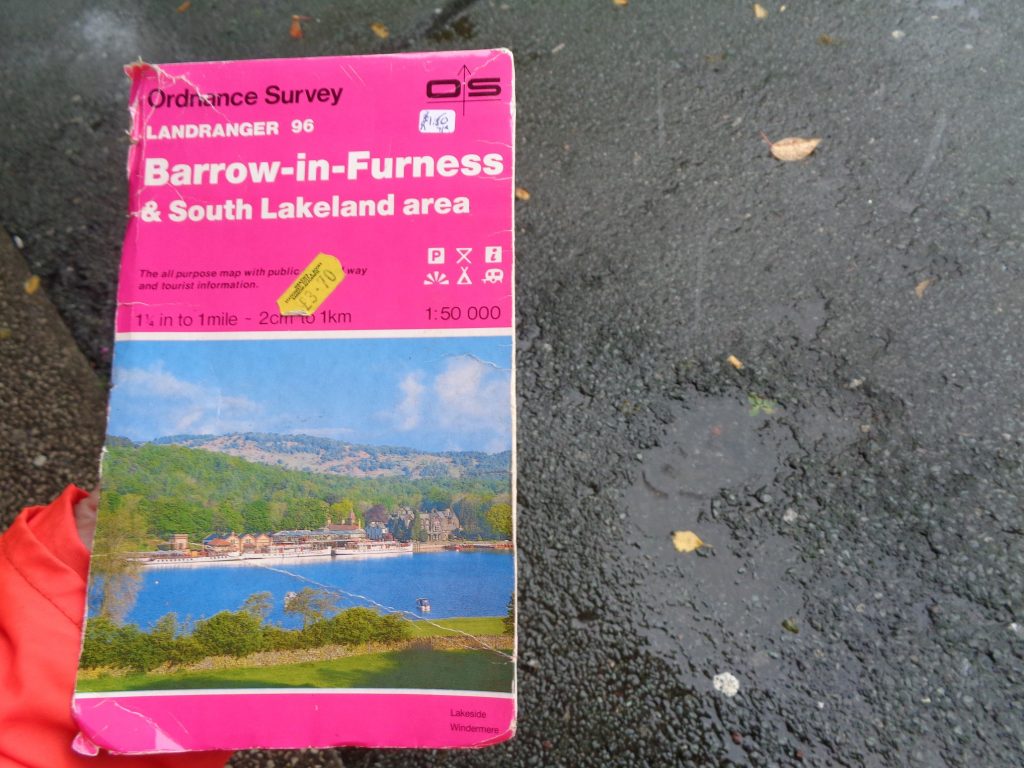
Next, through the empty and rain-soaked pedestrianised sector, I ventured to a Poundland where the three staff outnumbered the customers. To my amazement, I sighted just the very wool, apparently extinct, that K had been after since we first struck a multicoloured ball of it in Skipton. Unknown in Blackpool or London; not to be found in either Dorchester or Warrington; in Barrow there it was – 12 quid for 18 balls.
In a way, once I was warm, apart from the danger of the route’s busier sections (those without provision for bicycles), I was glad that the weather was so bad – or real, as I used to say. Not having to do such a journey every day, I began to relish the deluge, for generally, with age, I’ve become a fair-weather cyclist . . . in which perhaps you only get one side of the picture. On days of sun and calm, the elemental becomes a sensuous pleasure or better still, a mystical one. Perhaps for the well-protected and satellite tracked who can always afford to end the day in luxury, bad weather as a deliberate choice, a leisure pursuit – a few hours of extreme sport or a mountain walk – may function as little more than a virtual experience, liberating for being so far from the unreality they usually inhabit? Yet that same wind and rain might provide to others, not only the ground base of reality but also its potential opposite: extremes which both resist the cluttering societal illusions endlessly foist (or foisted) upon us.
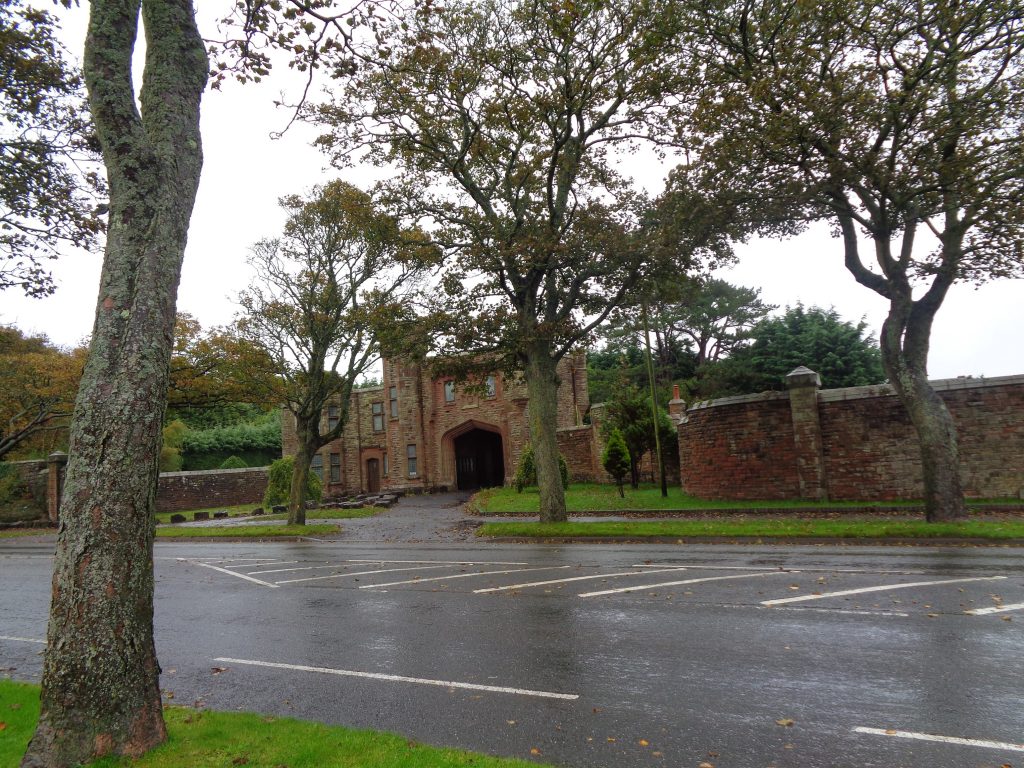
Furness Abbey Lodge, 12th October 2020
For thirteen years, bicycle was my regular transport from isolated dwellings to local towns, so perhaps I was nostalgic, not only for that special feeling of arrival one entirely loses in a car, but even for the weekly slog of shopping in whatever weather blessed or blasted the day: fair sun and white clouds, ice, wind or downpour?
At various points to and from Barrow, the unfriendliness of the elements had been compromised when old sections of abandoned tarmac encroached by hedge, half-heartedly offered brambled cycleways, lethal with leaves; autumnal thickets within the aural swish and roar of barely visible traffic. Exposure at the abrupt ends of these tangled windbreaks made me long for those sudden reliefs or comforts experienced by the hunted, in for example, John Buchan’s adventures: the descent from moors after a rain-sodden chase, to find at twilight, a shepherd’s cottage or wayside inn alongside a sparkling burn . . . there to be offered ham and eggs, washed down with a quart of whisky by a peat fire. More than a dram on the roads around Barrow would not have been a good idea, but the image of a fireplace and the scent of smoke was encouraging.
Being virtually out of cash after the wool and the map, and in any case alone rather than in company, instead of a pub, I looked to Barrow’s park. This turned out to be vast and windswept. On a beautiful sunny day, I can imagine the views from the hill and the war memorial . . . but today was not that day, even the deep-water docks and shipyard[iv] had faded into the cloud. Park keepers huddled enigmatically in van cabs obscured by condensation, comforted by flasks and fags, smoke oozing from a gap at the top of the side windows. The trees were overloaded, and the bandstand was locked.
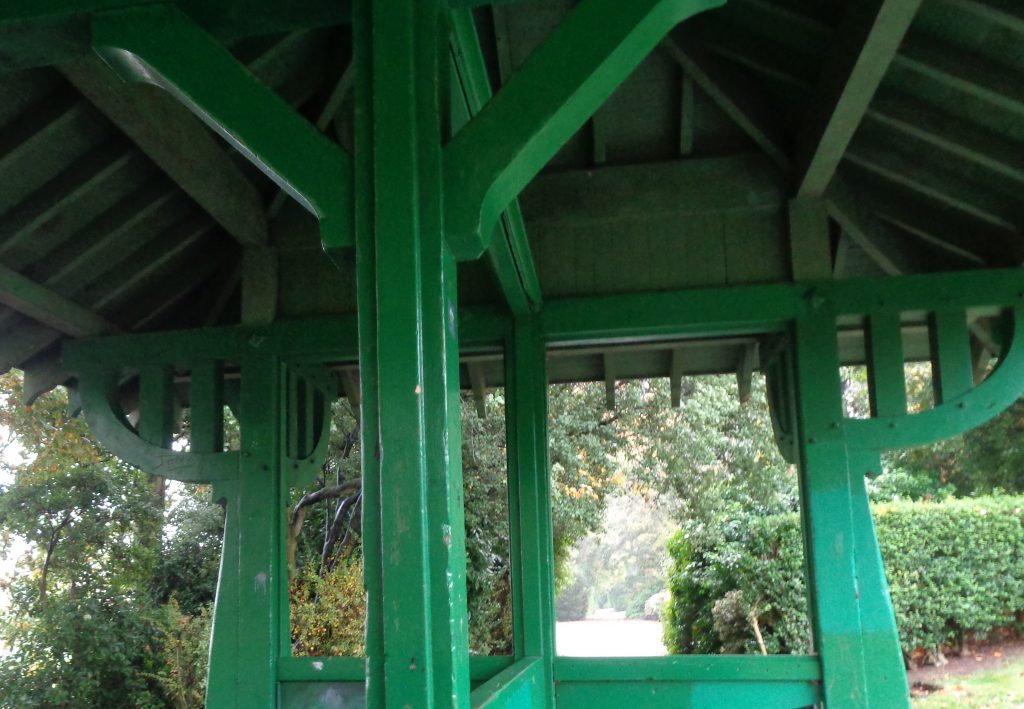
Presently however, in what at first appeared a dell, I spied a solid wooden shelter. For some reason this solitary roofed bench appears situated in one of the darkest zones of the park – or did the weather just make it seem that way? Not that I’m complaining, it did keep the rain and much of the wind off while I ate my lunch. For a time, I was joined by a friendly young man walking a Staffordshire bull terrier, a daily chore whatever the season. We lamented the political situation and he told me a little of his life in Barrow and laughed how this shelter was usually rowdy with “kids taking drugs and causing trouble.” The dog was after my slice of cold pizza, but I managed to keep its eager nose and paws at bay. Embarrassed by its “attention seeking”, the young man bade me goodbye and disappeared into another curtain of rain. Though she was not there, K suspects it was my eccentric clothes and demeanour that would have driven him away. Becoming too cold, before long, I was reluctantly forced to follow his example.
Using the map, I tried to fathom the way to Sandscale Haws nature reserve[v] on the coast at Roanhead – the area of dunes which on a sunny day, seen from Bank House Moor, looks like some tropical paradise. The trouble was that various new relief roads have chopped up the original network of lanes, cutting some off short, leaving others as dead ends. Postponing Roanhead for a brighter, sunnier day, I passed The Dunes Hotel, whose vast new board, offset by landscaped grass banks, promises that it will be “with you on the very special moments”. Does that even make sense? Would you want a hotel with you at such moments? Under the sound of wind in the buzzing pylon behind me, I looked beyond the empty, landscape-sculpted car park. The backs of two stone lorries were parked to the right and in the far distance the hotel looked more like a light industrial venture. This, the map indicated, had once been a “Golf Driving Range”.

Park South Signal Box, 12th October 2020
Via a narrow gate and steep path descending to the busy A590, a quiet route towards Dalton remains possible for those on foot or bicycle – provided you can find a gap in the traffic to run across the road. Reaching the top of the far embankment, the path joins the older tarmac of a lane, to resume its original course to Park South Level Crossing. Here, virtually under the bridge carrying the Dalton bypass, an 1883 Furness Railway signal box of “sturdy…type 3 design”[vi], stands guard in an increasingly gloomy valley.
In all, my loop only covered about 25 miles, but returning to my starting point I discovered that K’s car had failed its MOT and could not be driven, so I had to cycle back towards home over another section of fells in driving rain and wind in the hope that at some point I could intersect a train. Having no lights, I didn’t want nightfall to overtake me.
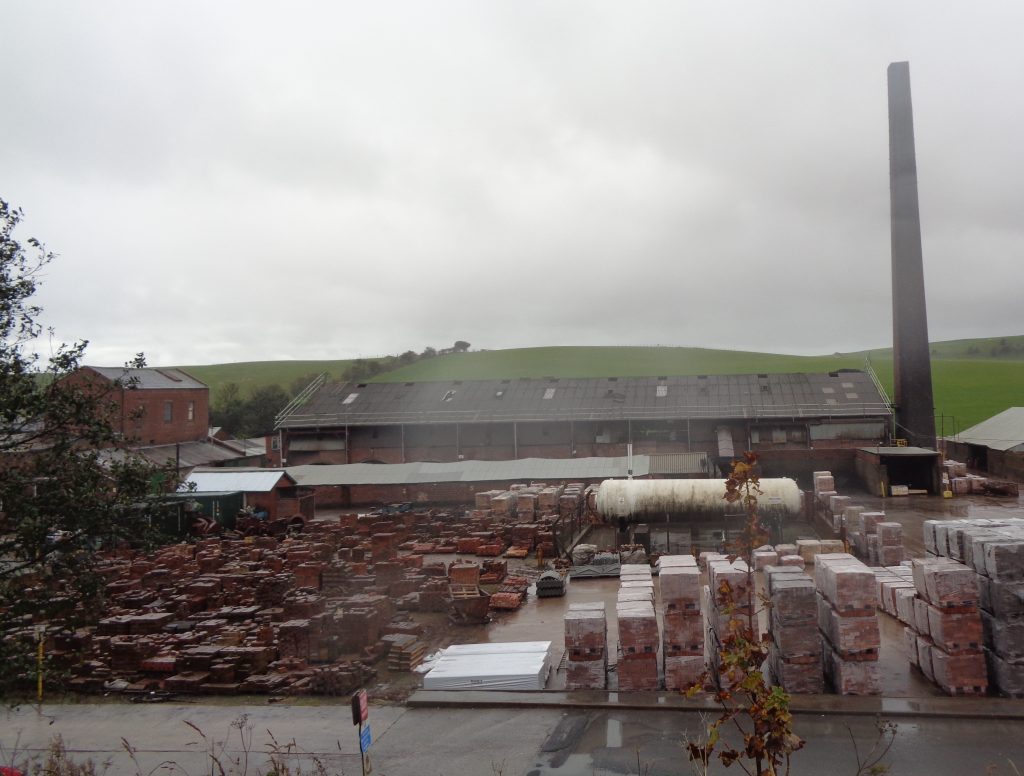
Back past Askam brick works, 12th October 2020
Reaching a station with ten minutes to spare, buying a ticket from an effing ticket machine proved impossible. The damned thing wouldn’t recognise a station just four stops away! Two school children came over and helpfully pointed out that the machine wouldn’t issue tickets for trains almost due – defaulting to the following service on the timetable. “You can buy them on board though, if you’ve got the cash.” At least I’d discovered the required fare and could just about scrape it together.
By the time the guard got to me, there was only one stop left before my destination. What caused the delay? Technology again. In this case people with tickets on gadgets. Each ‘customer’ took the guard about 10 minutes. I could see the poor man diligently trying to contain his frustration all down the carriage, holding their gadgets up at different angles – “There’s never a **** . . . blinking signal” – revolving them, praying, trying to resist throwing them from the occasional slots that count as windows. Yes, tickets were once made of paper – but not very big pieces! Phones – at least if your sole mission in life is to have the latest model – are far more damaging to the environment. As for all this aren’t-we-wonderful-for-going-ticketless cobblers, creeping disguised behind spurious ecological motives, like so many supposed technological advances (and almost every form of automation), it’s just another way to axe employees. Subtly or not so subtly, behind the scenes, the rich get richer and the poor – granted a few toys and distractions – get poorer . . . End of rant.

Another view of Park South Signal Box – with real signalmen inside. 12th October 2020
Amazingly, for the last few miles cycling on from the station, the rain ceased – but by then I was so wet I might just as well have swum home.
© Lawrence Freiesleben,
Cumbria, October 2020
NOTES
[i] https://workshopsinfrance.com/tips-tricks-and-art-hacks/why-are-pencils-called-h-and-b/
[ii] https://en.wikipedia.org/wiki/Furness_Abbey
[iii] https://www.english-heritage.org.uk/visit/places/piel-castle/history/
[iv] https://en.wikipedia.org/wiki/Port_of_Barrow
[v] https://www.nationaltrust.org.uk/sandscale-haws-national-nature-reserve


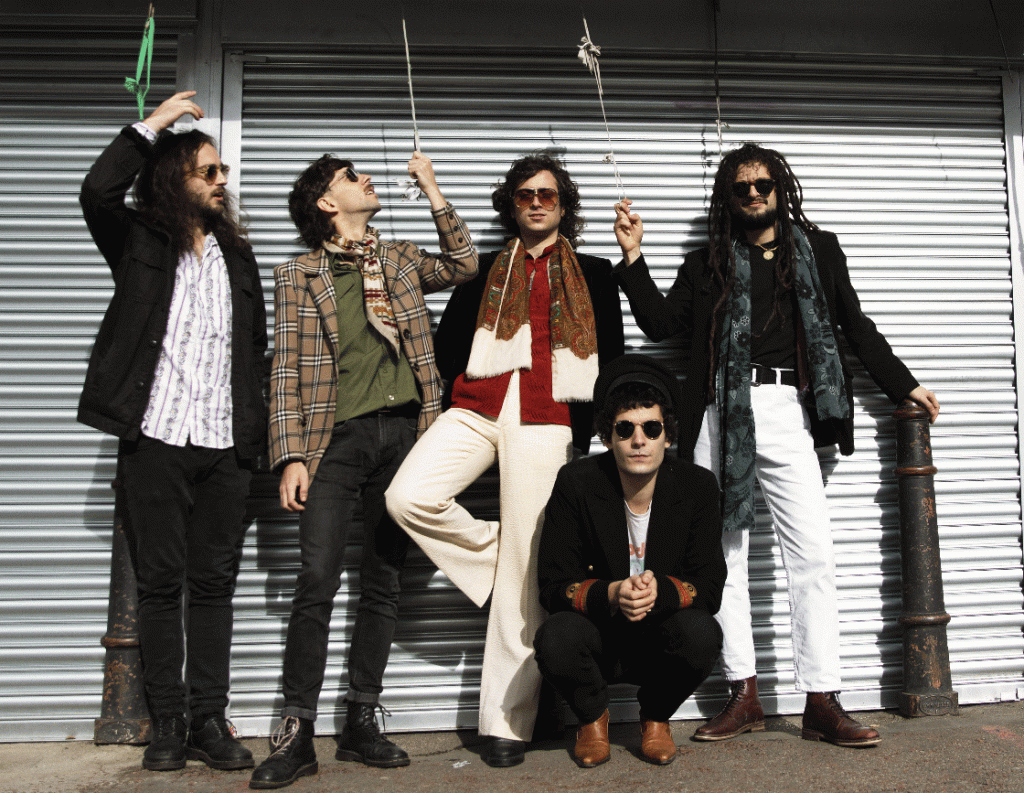
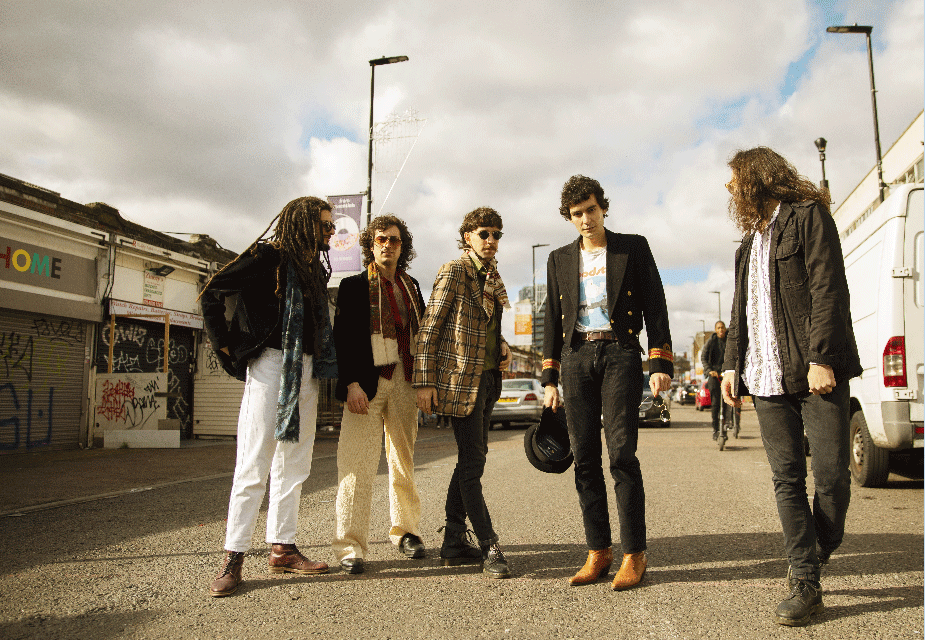
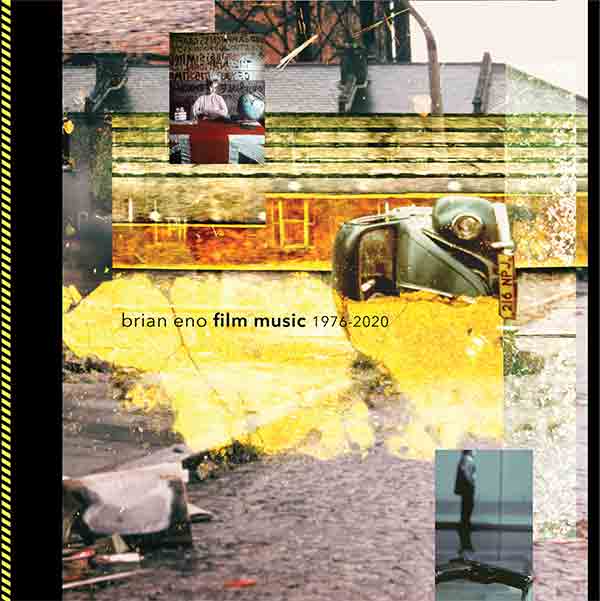

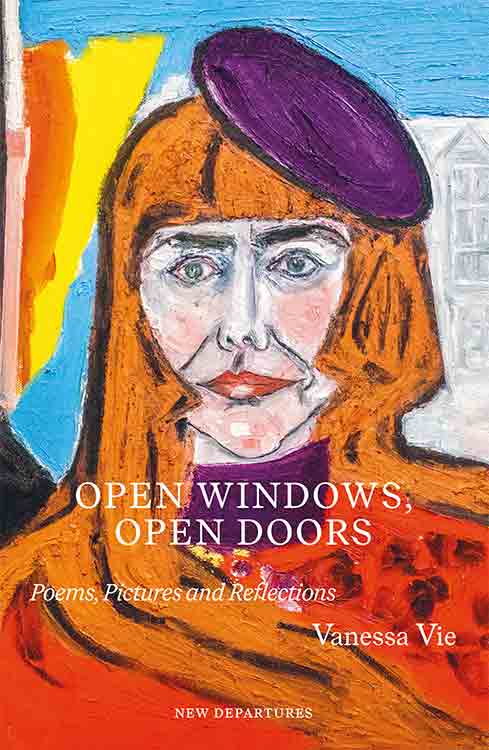

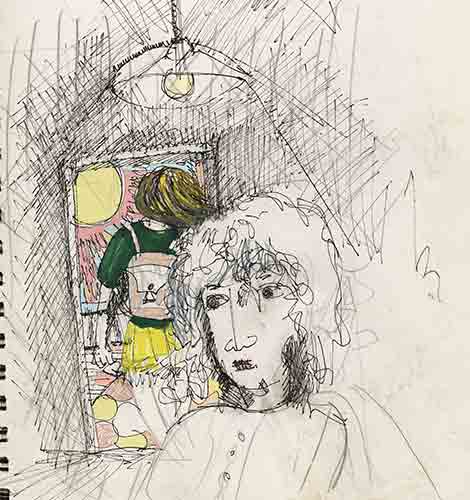

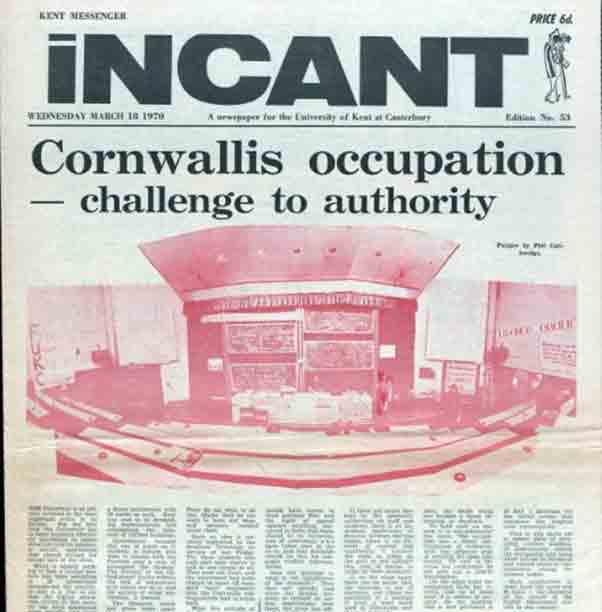
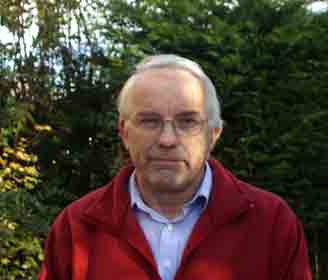

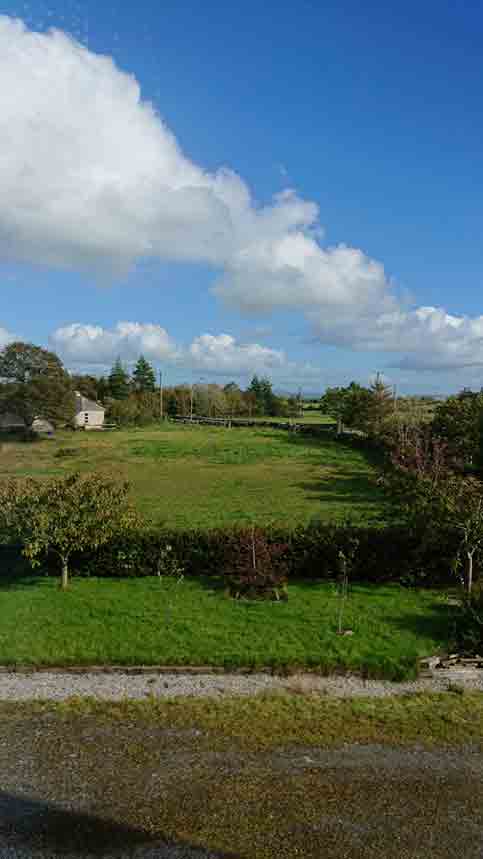
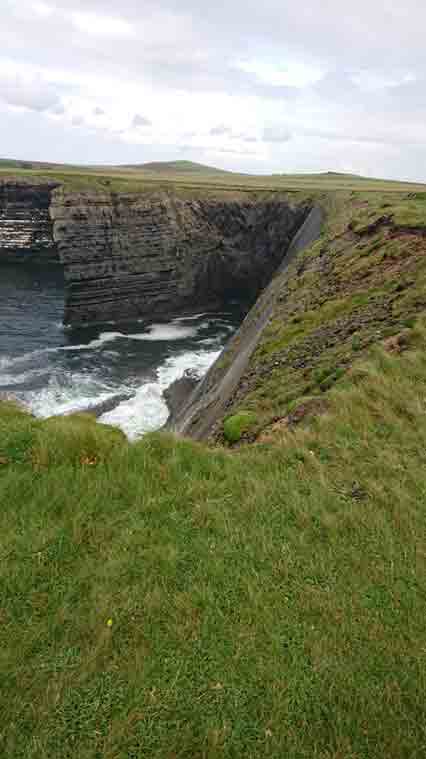
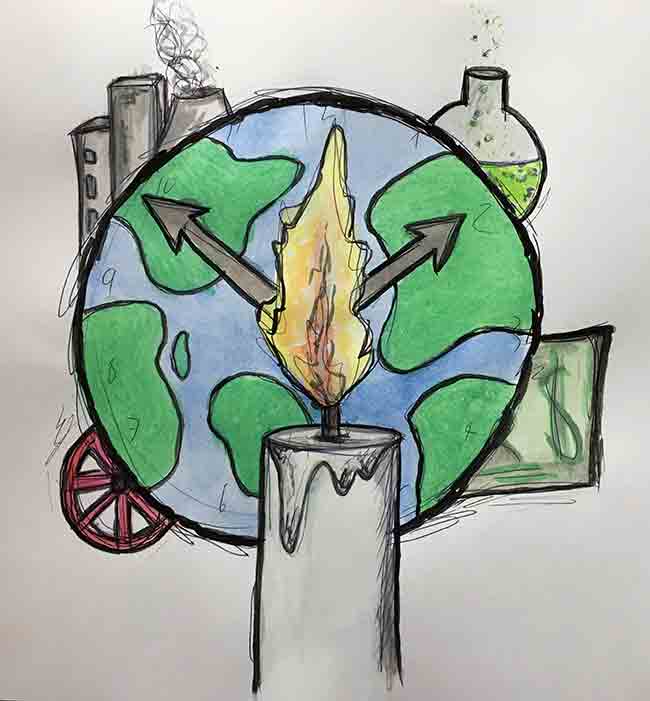
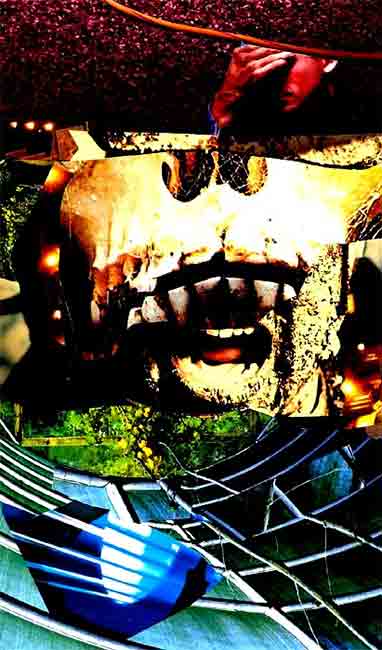


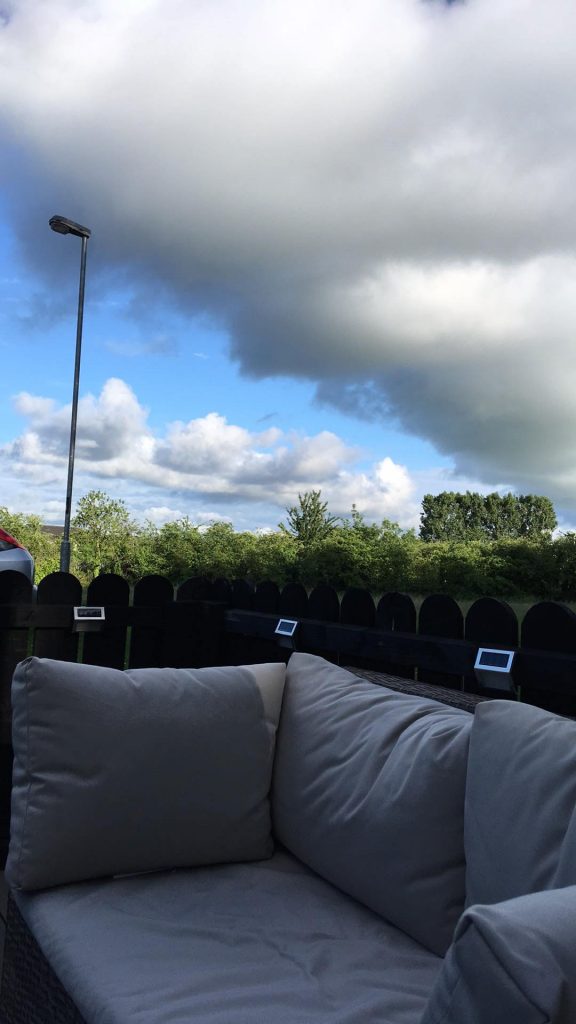


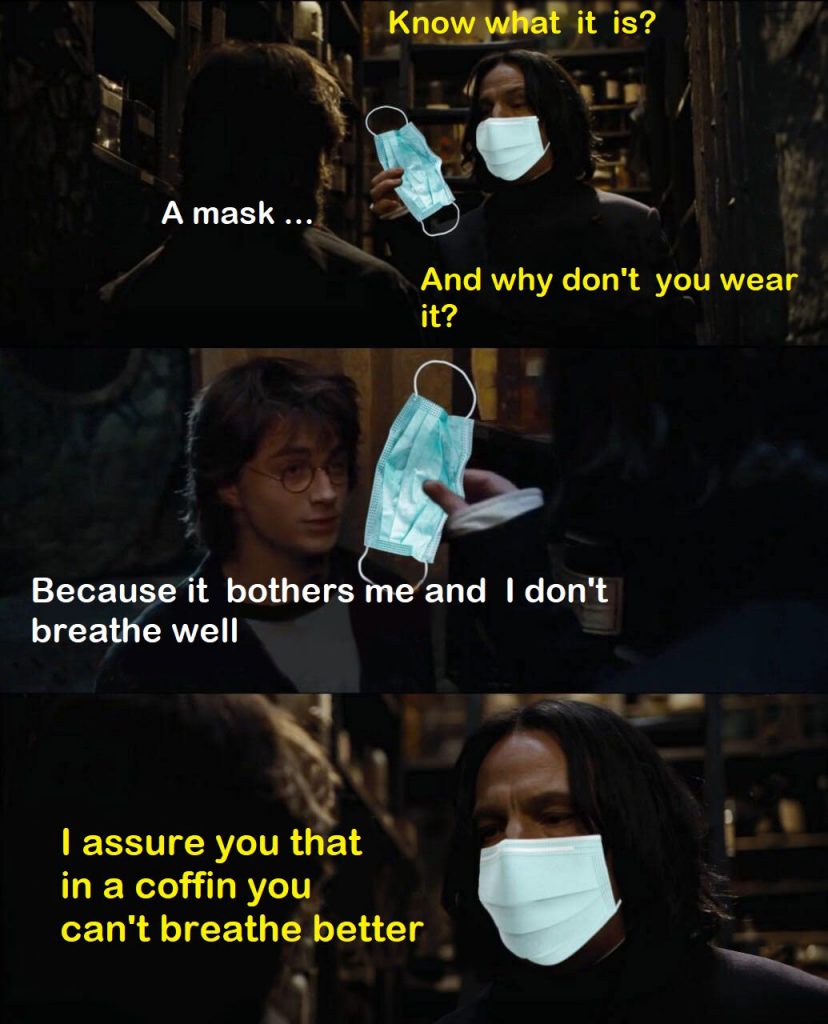
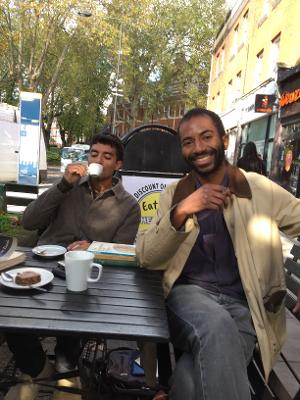




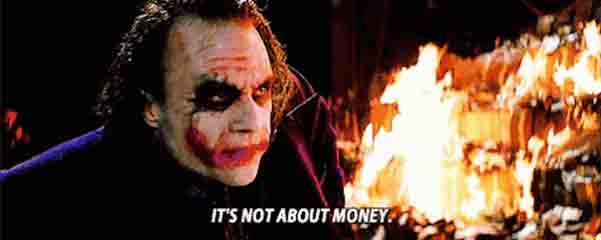

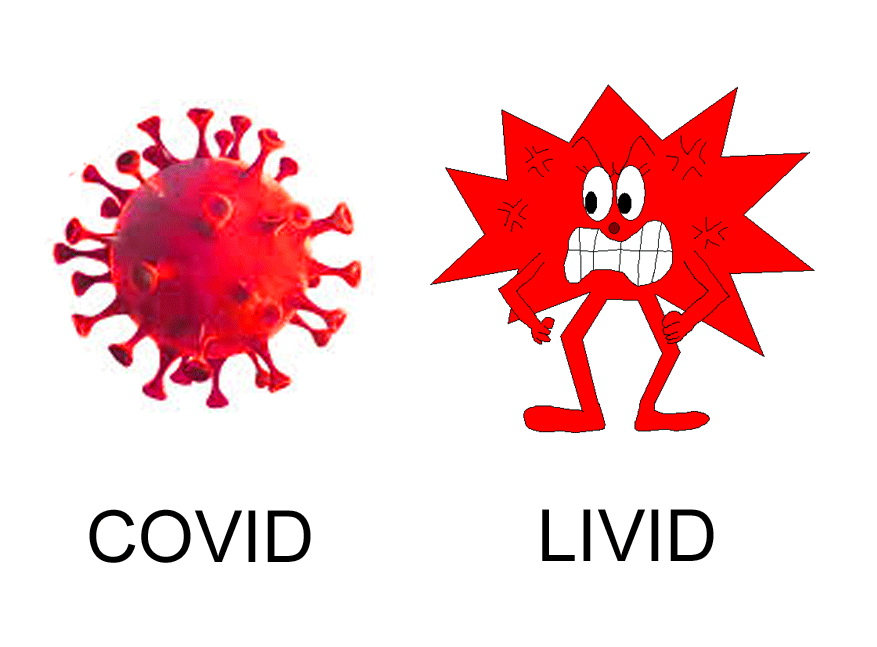

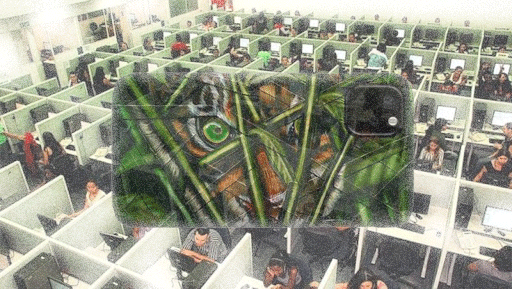
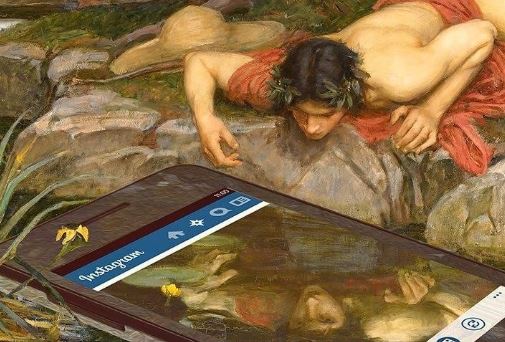
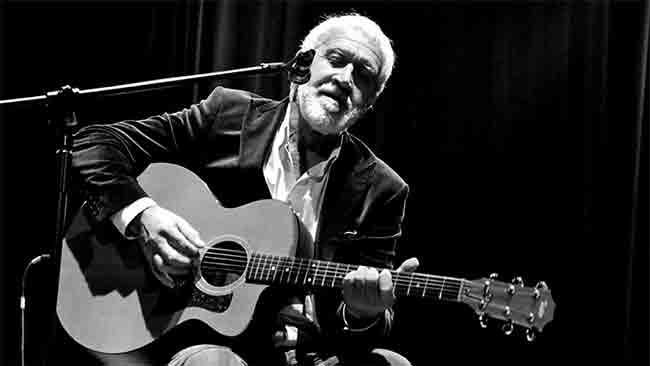
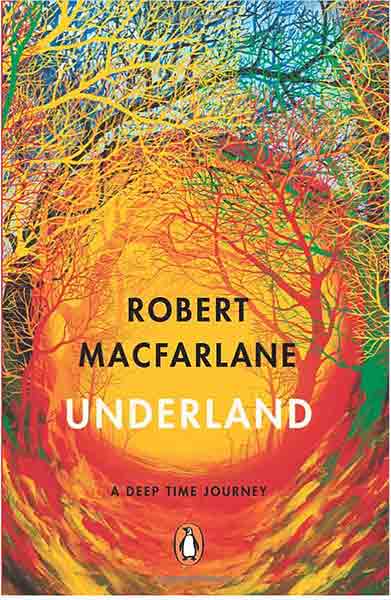
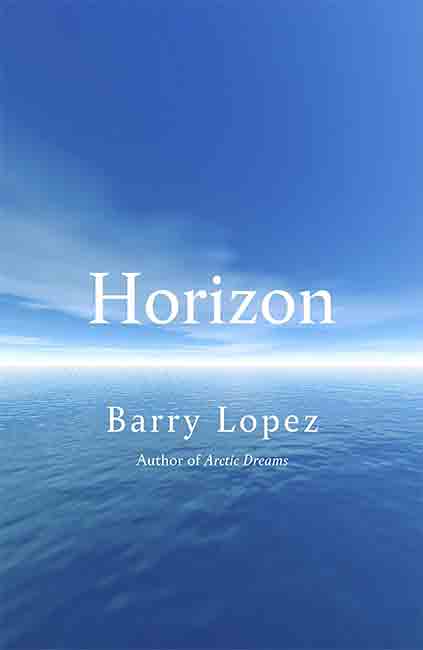
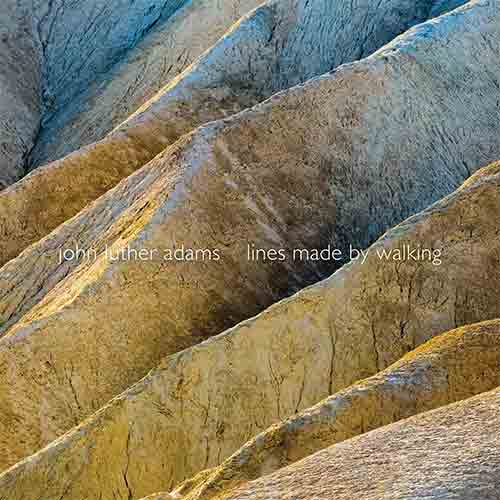
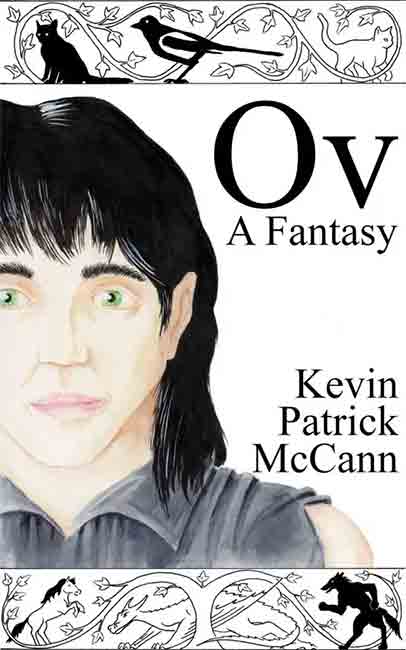

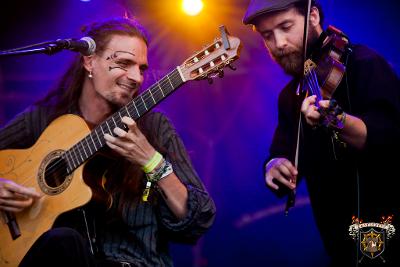





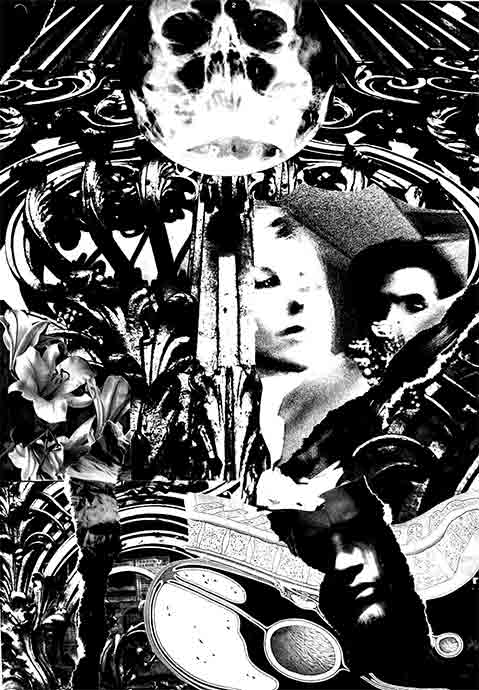
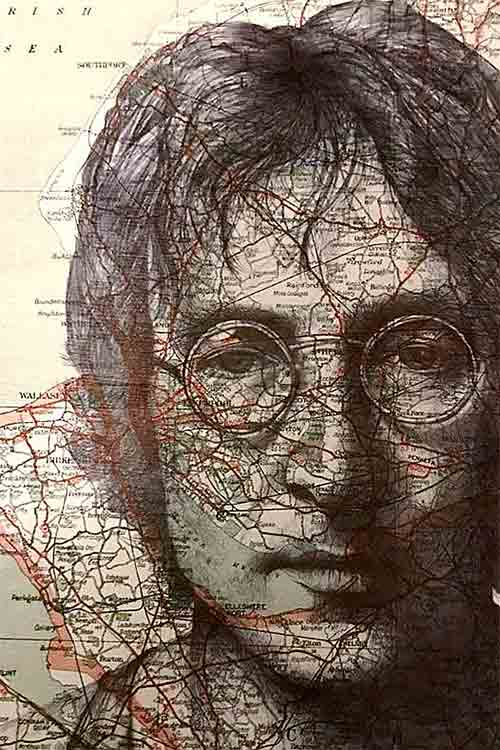
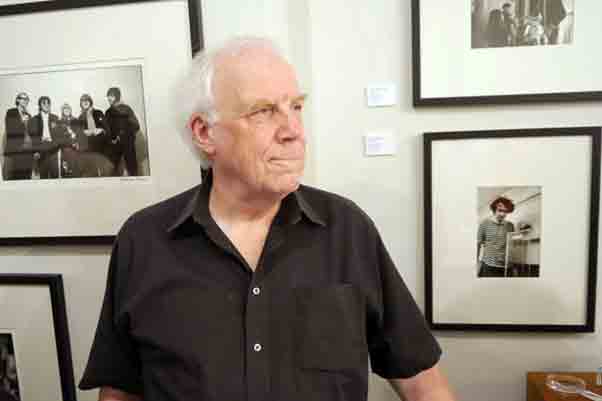
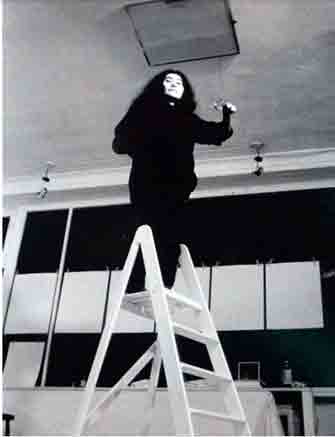
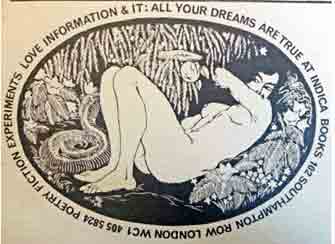
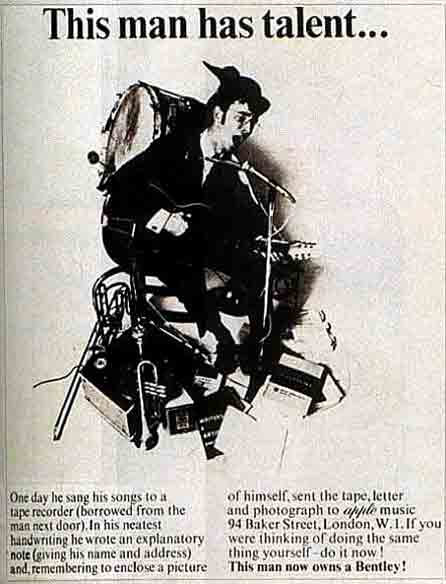
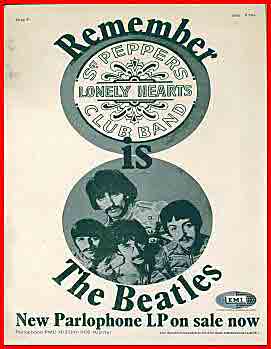
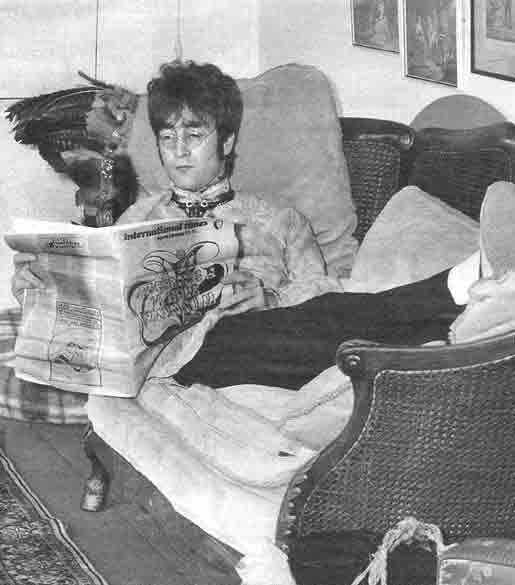
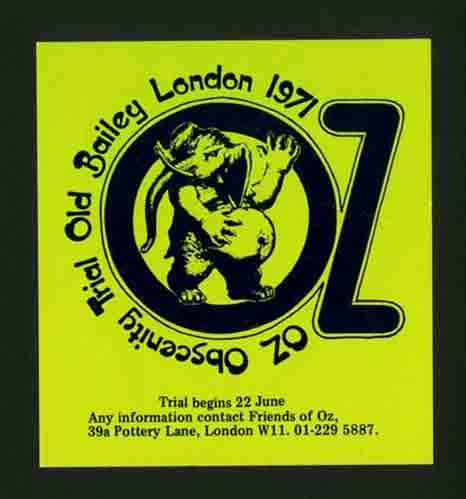


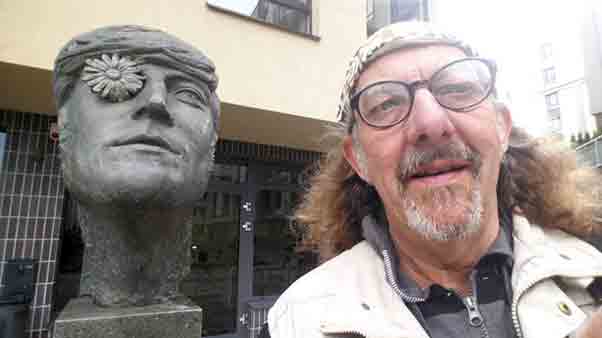

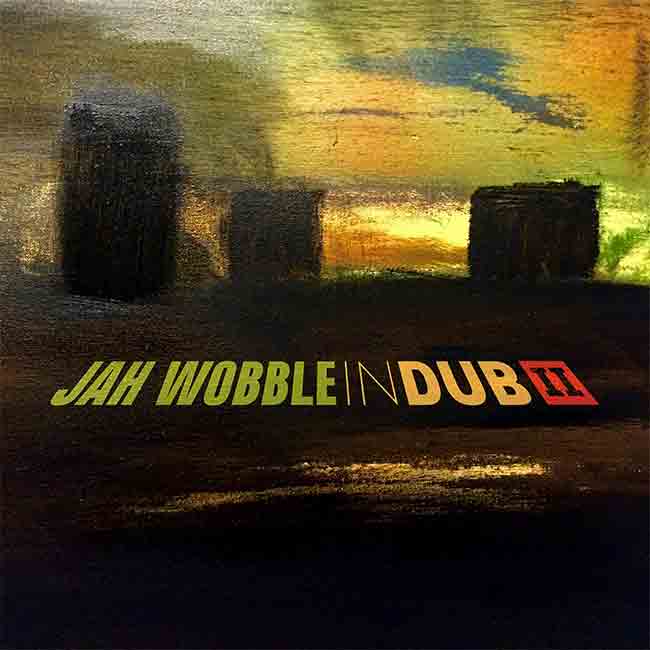
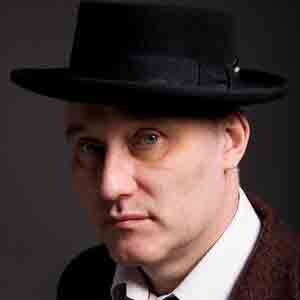
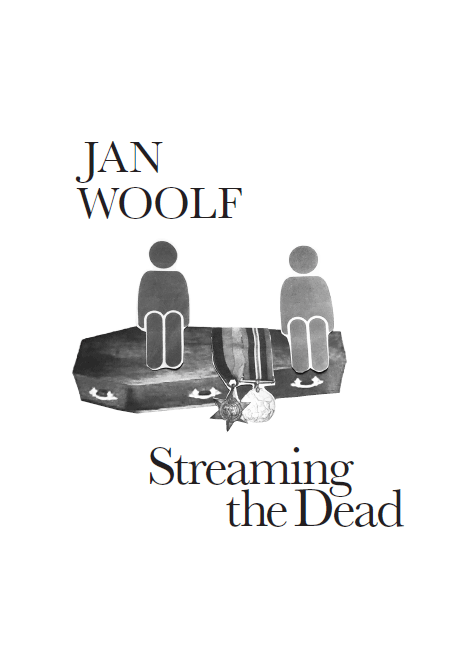
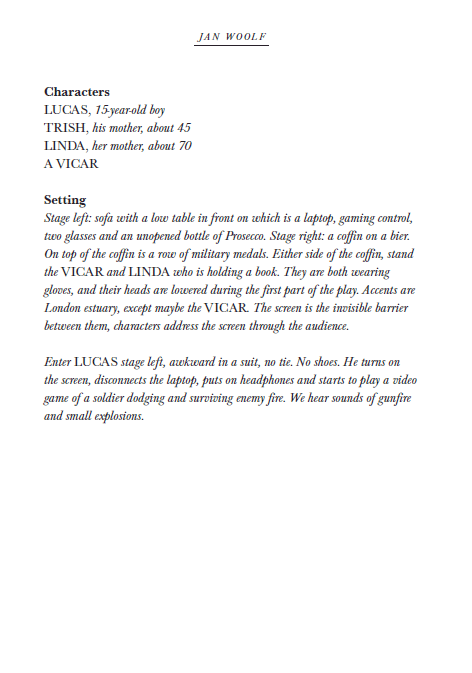
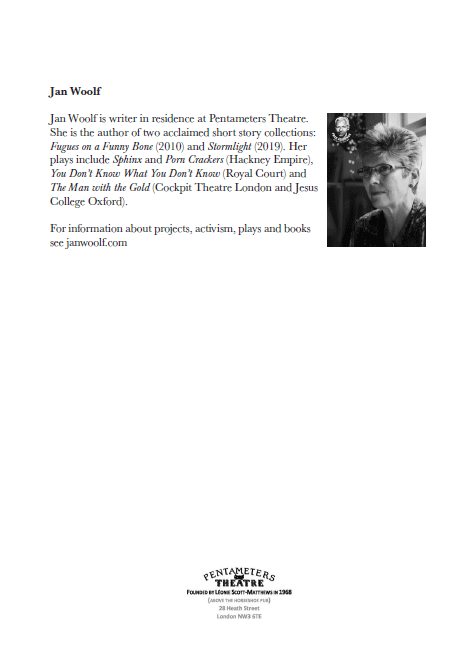



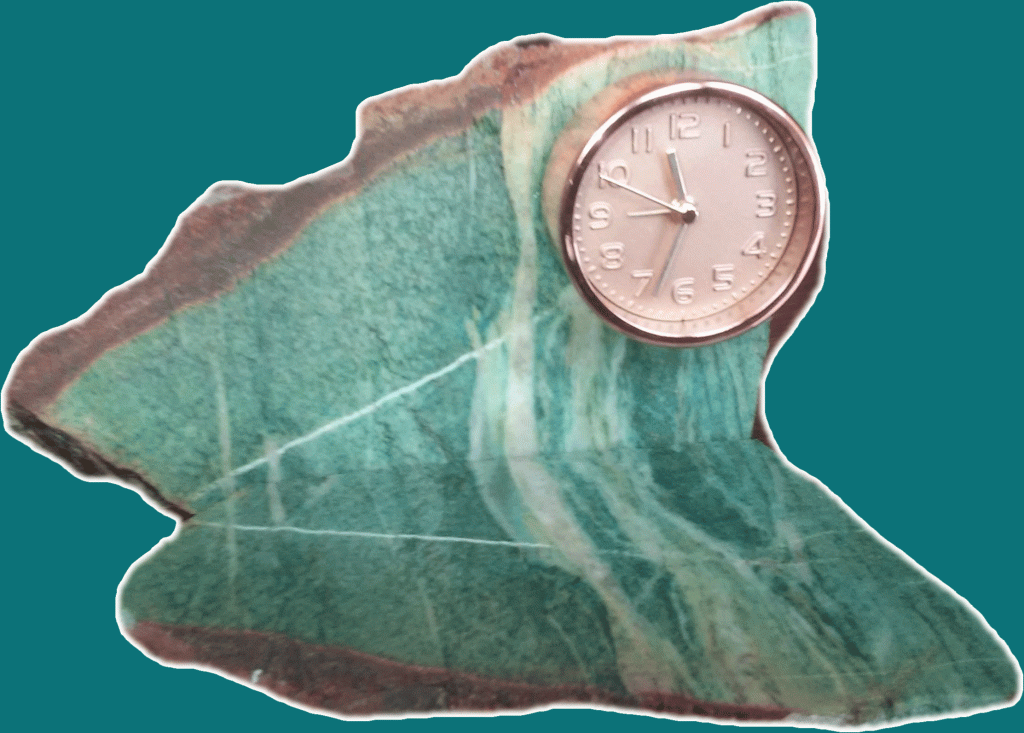

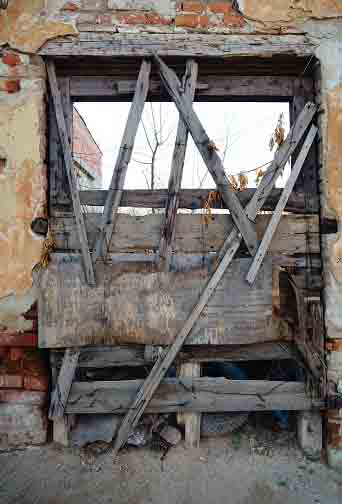
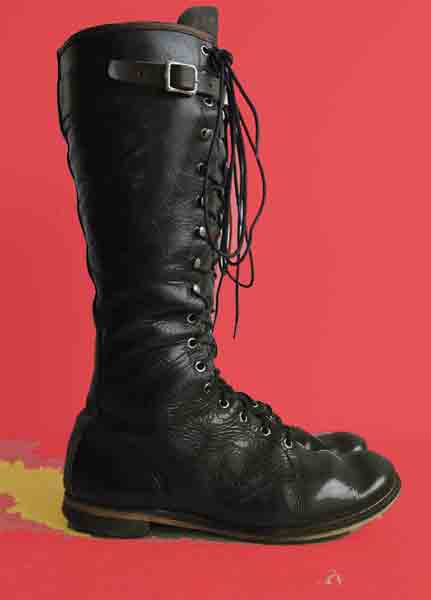
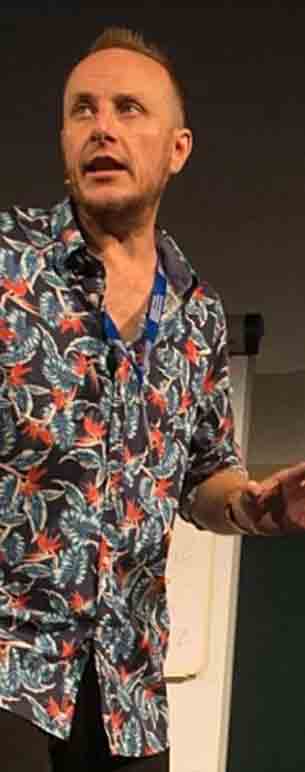
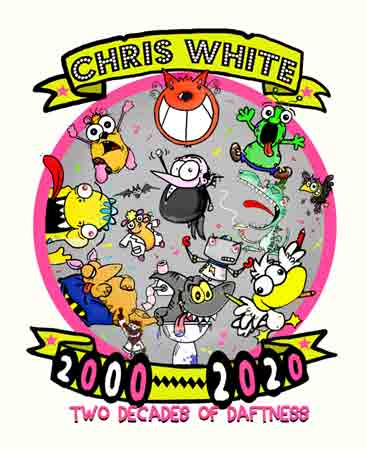
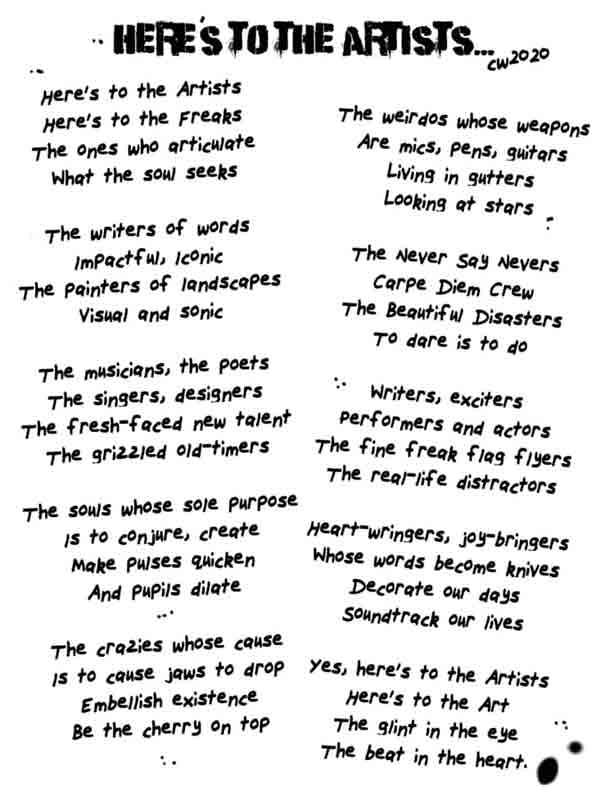
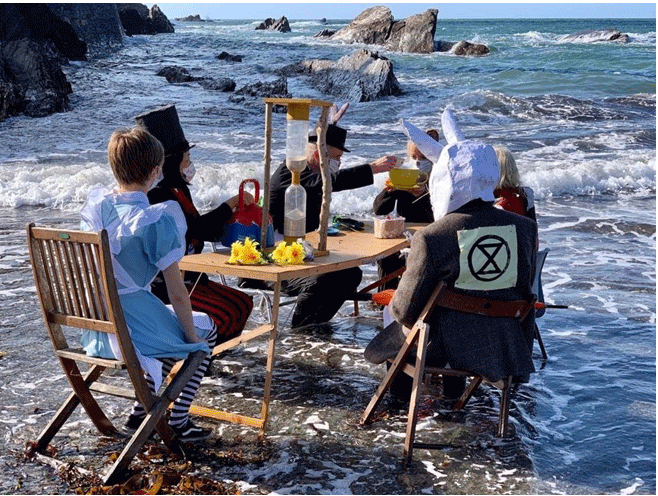


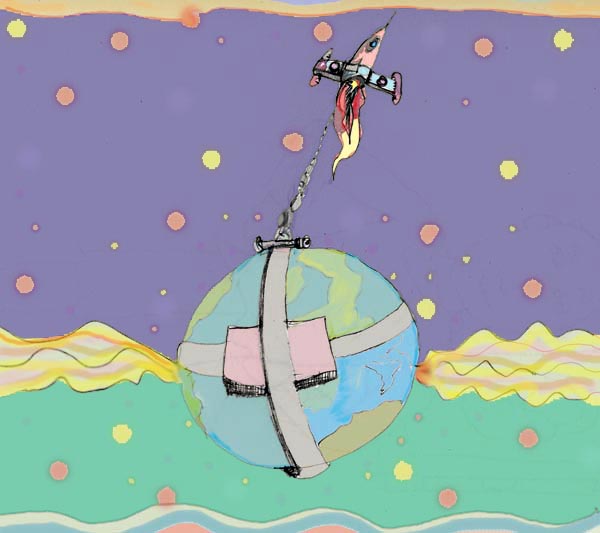
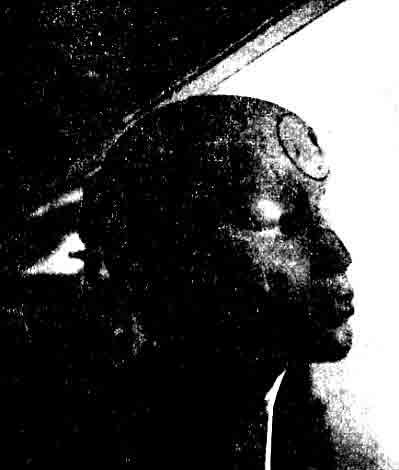


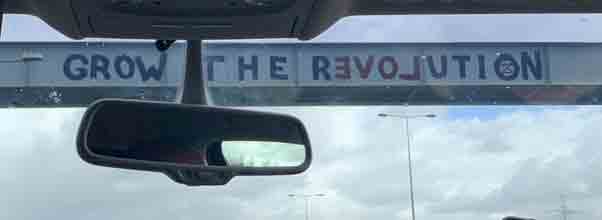
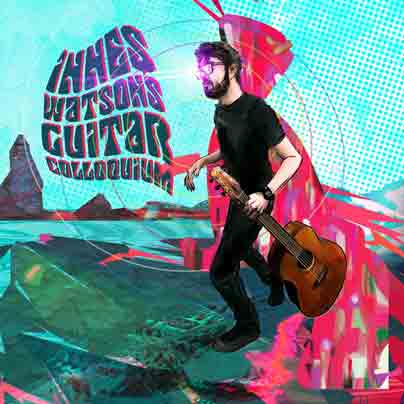



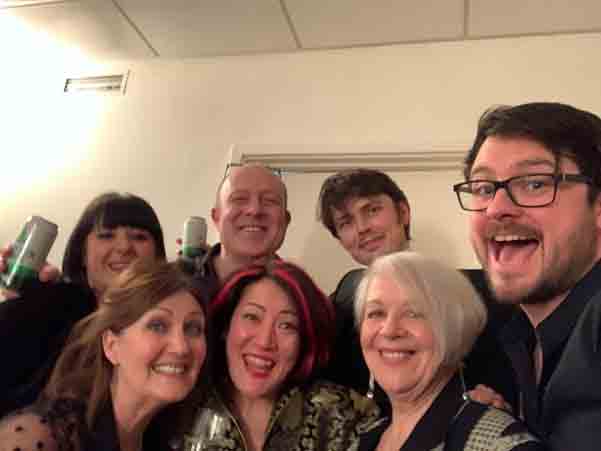
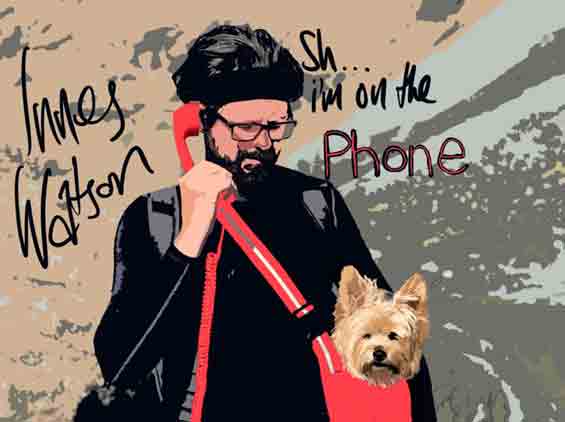
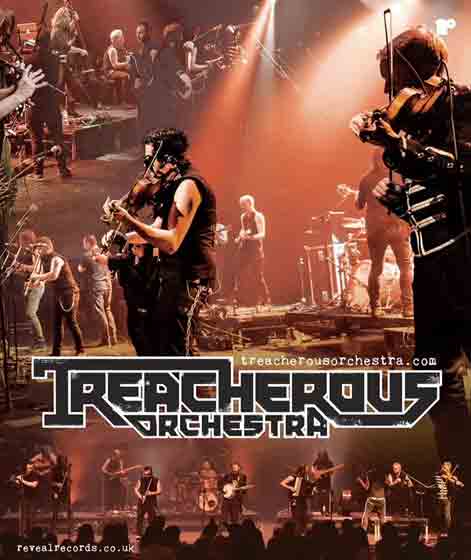
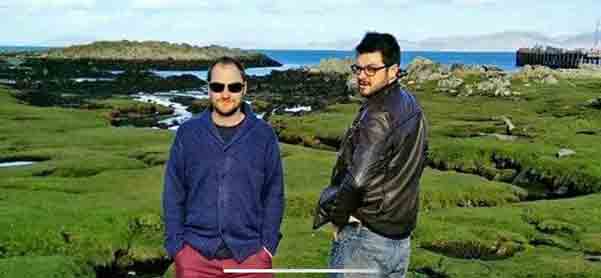
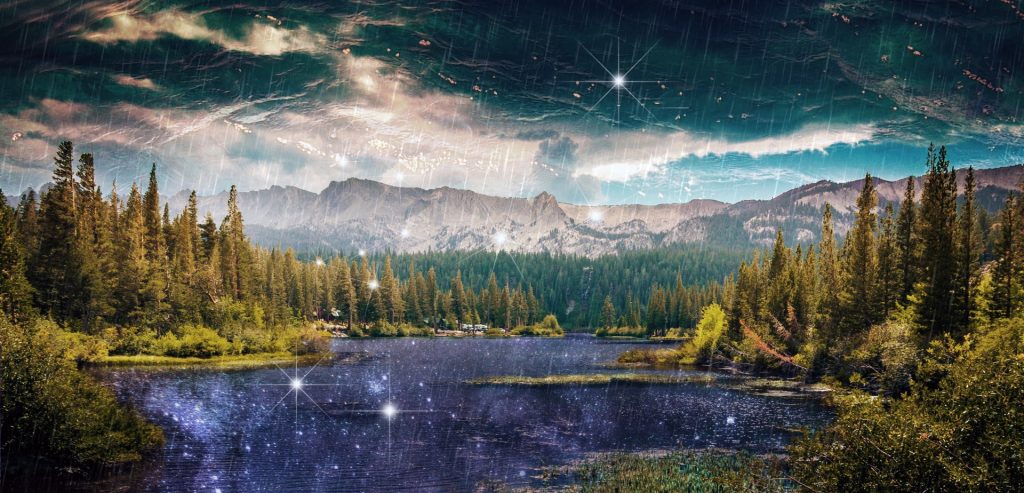
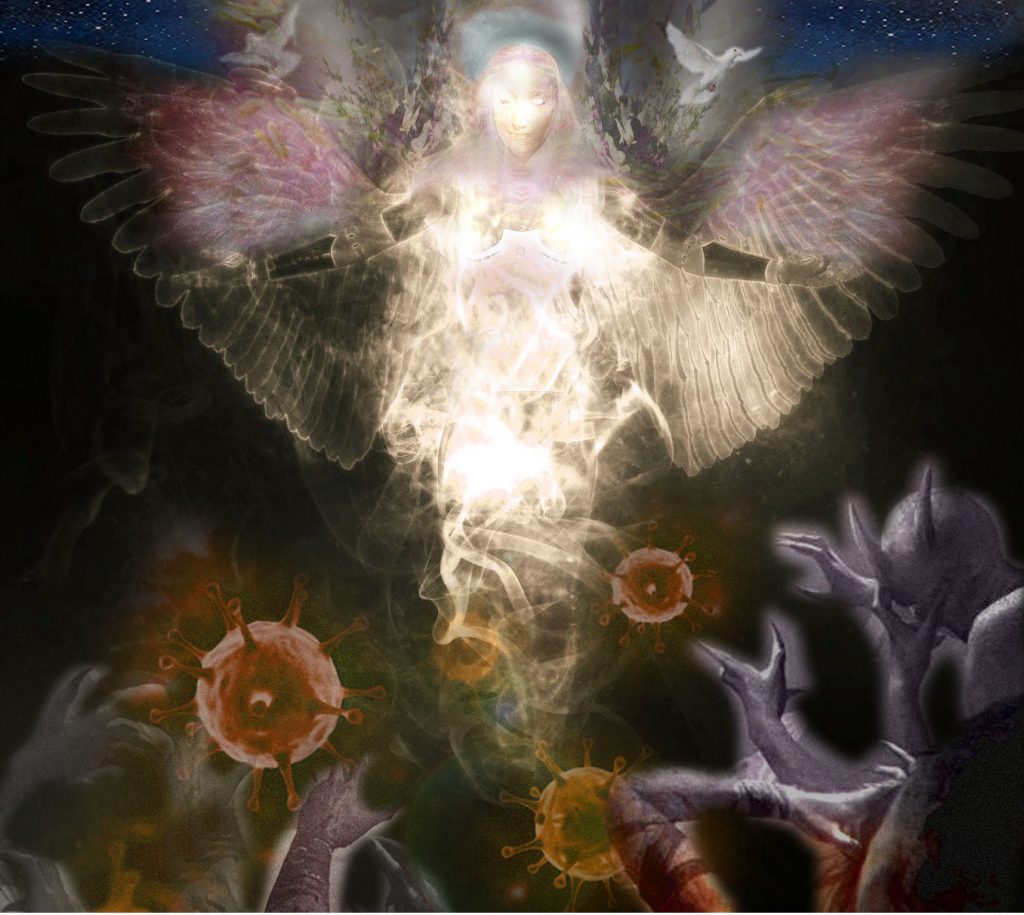
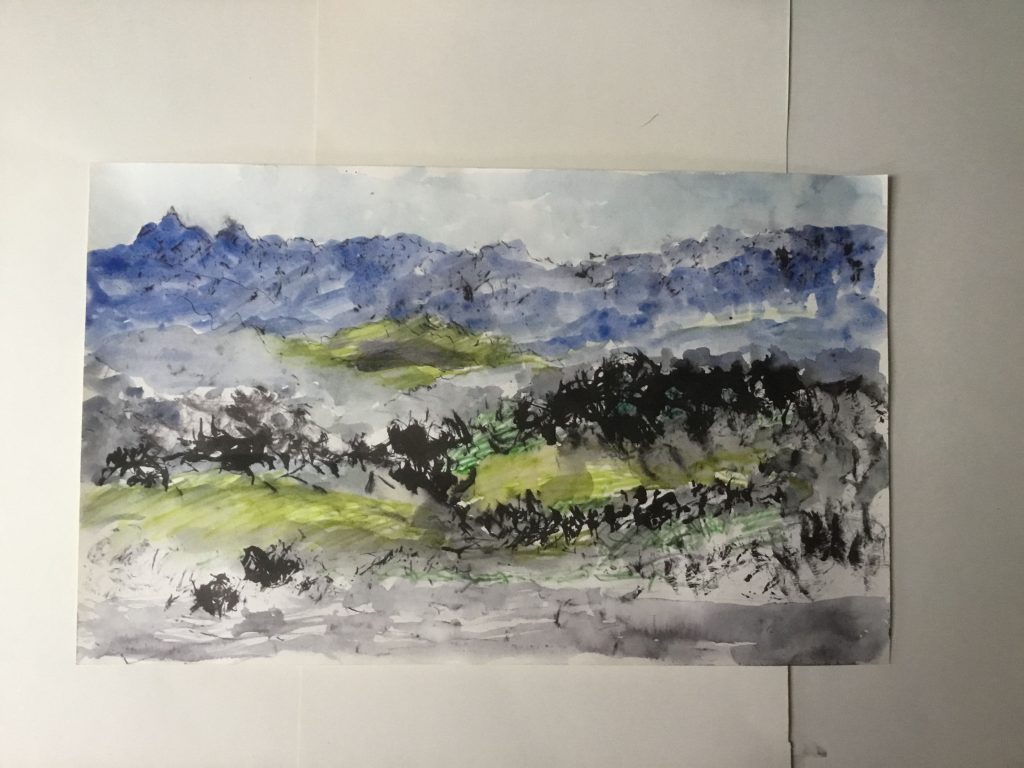
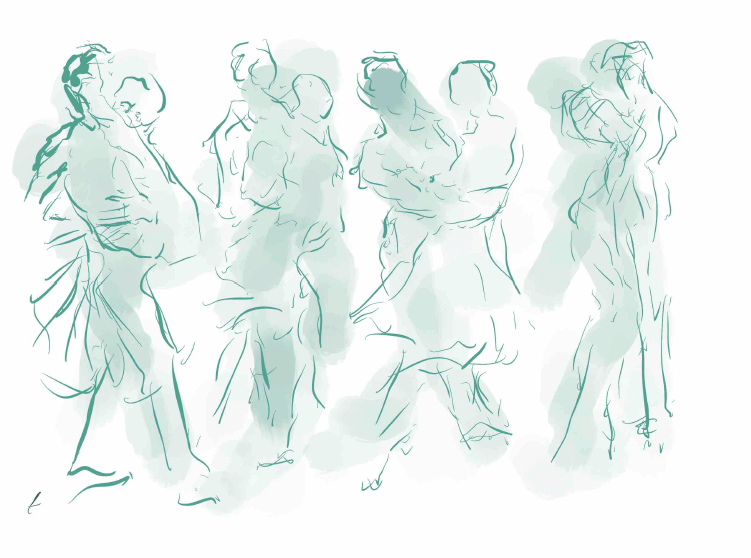
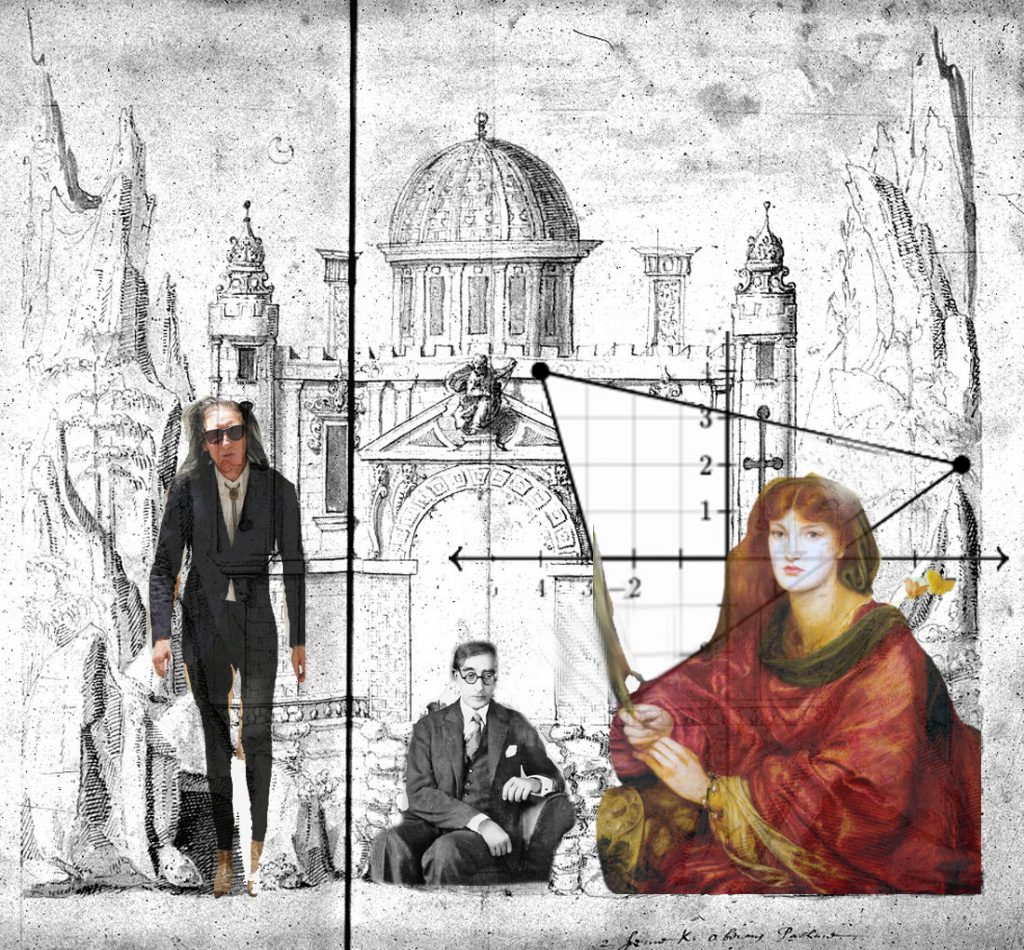


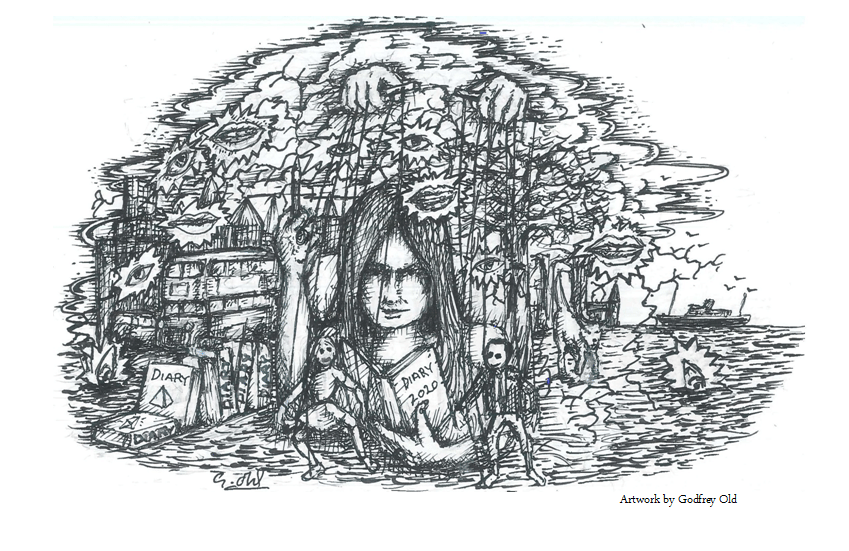


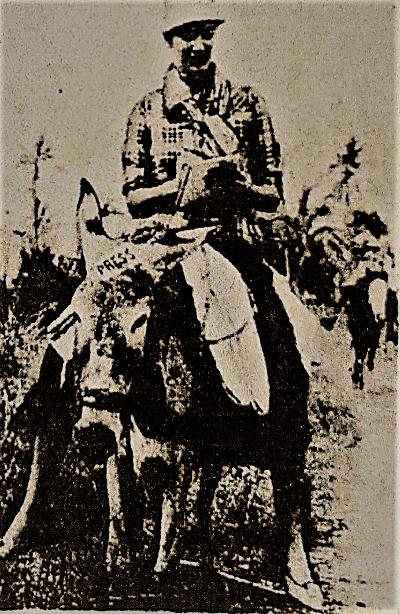


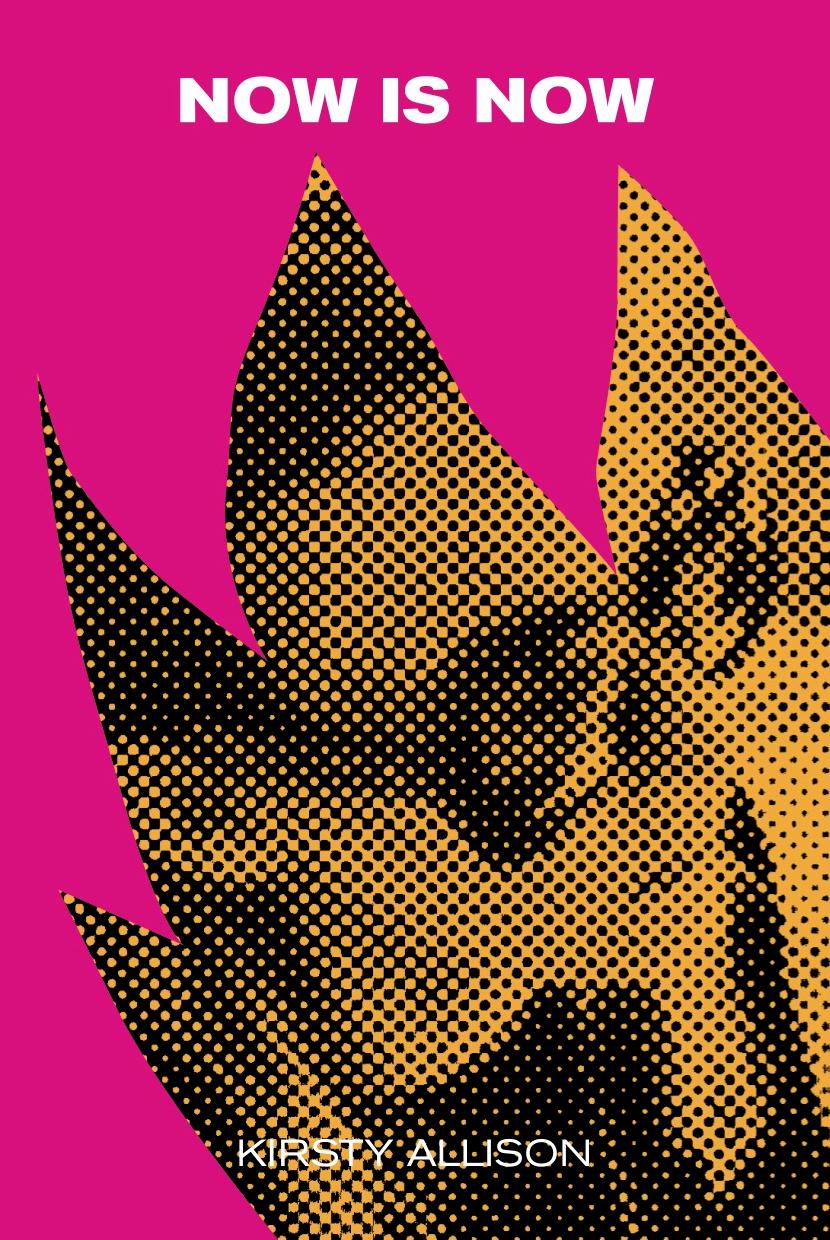
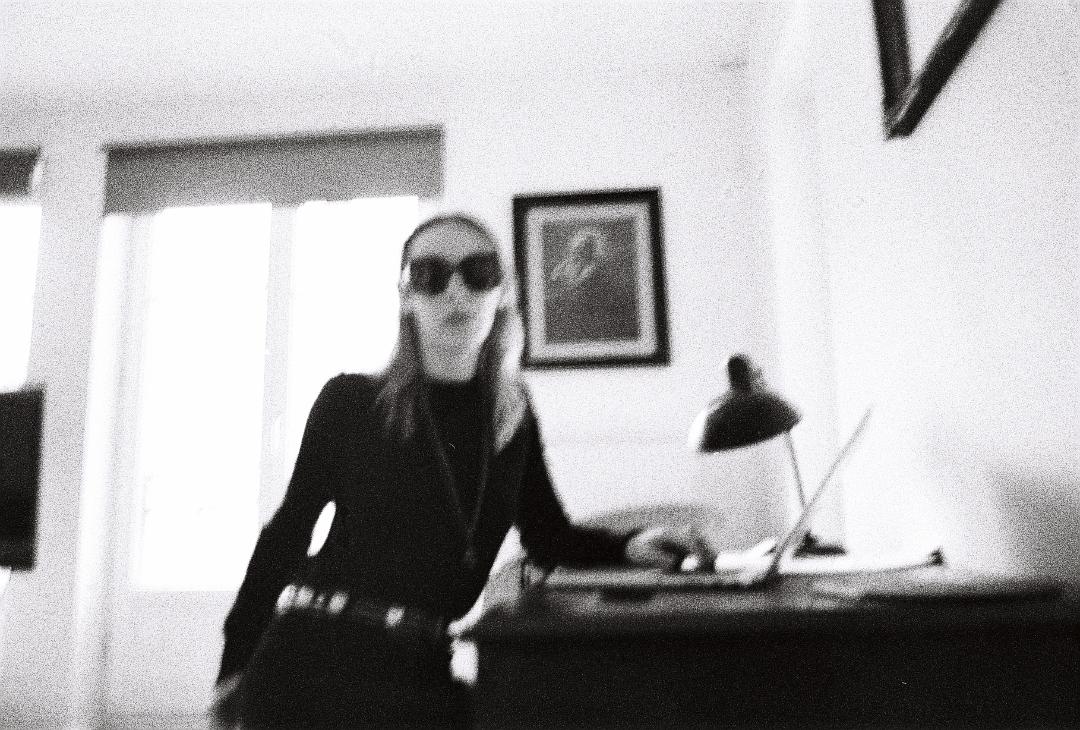

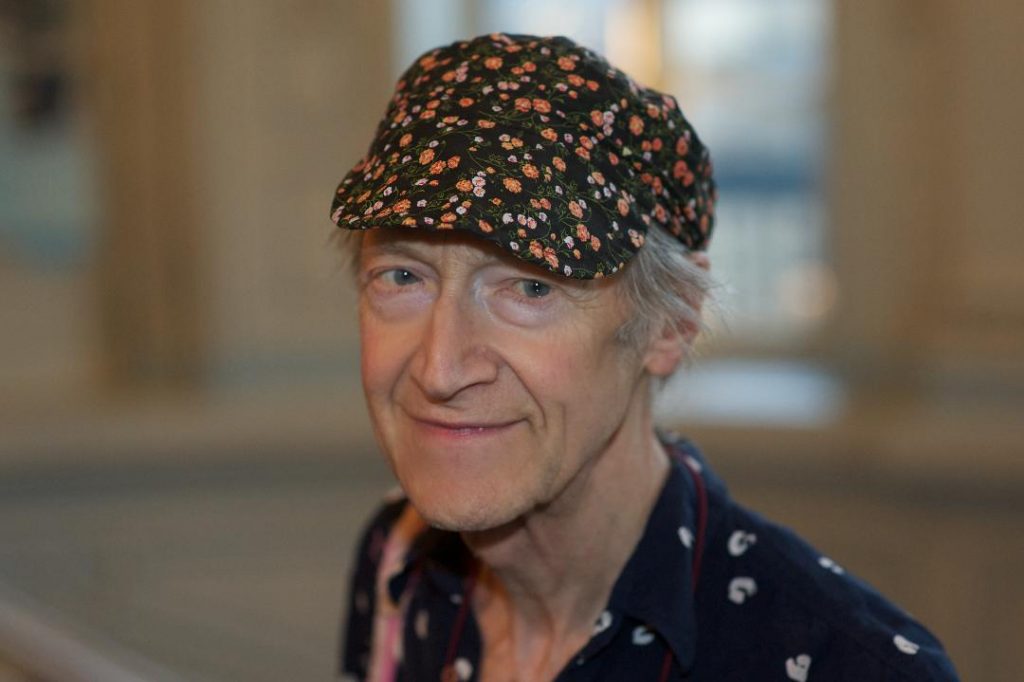
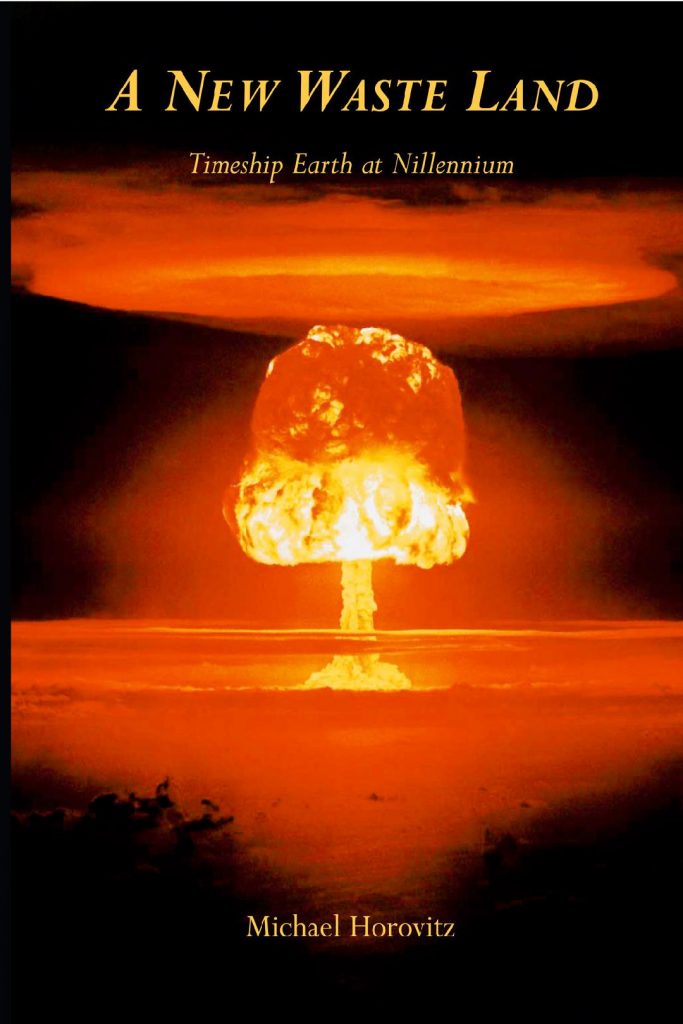
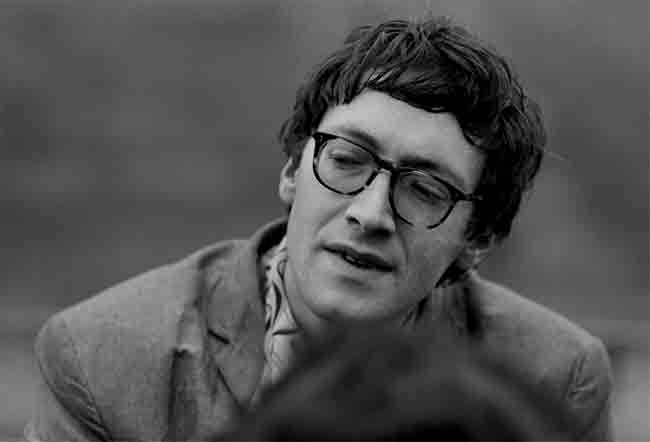
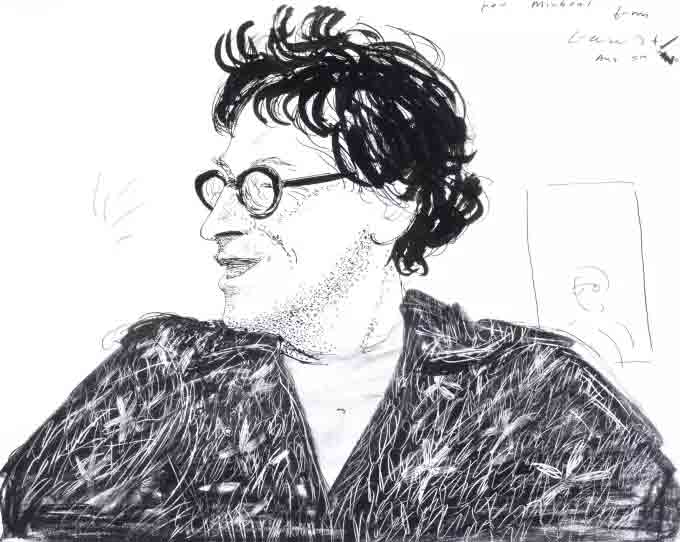 Portrait of Michael Horovitz by David Hockney, 1980
Portrait of Michael Horovitz by David Hockney, 1980